|
Shorthand For Dummies?
EeZee Alphabet
Queen's Beasts
Scramble!
Shorthand For Dummies?
(10 August 2013)
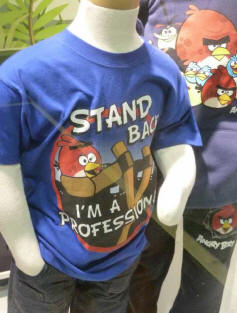
Beware Professional Dummies! Short-handed dummy in my local clothing
store
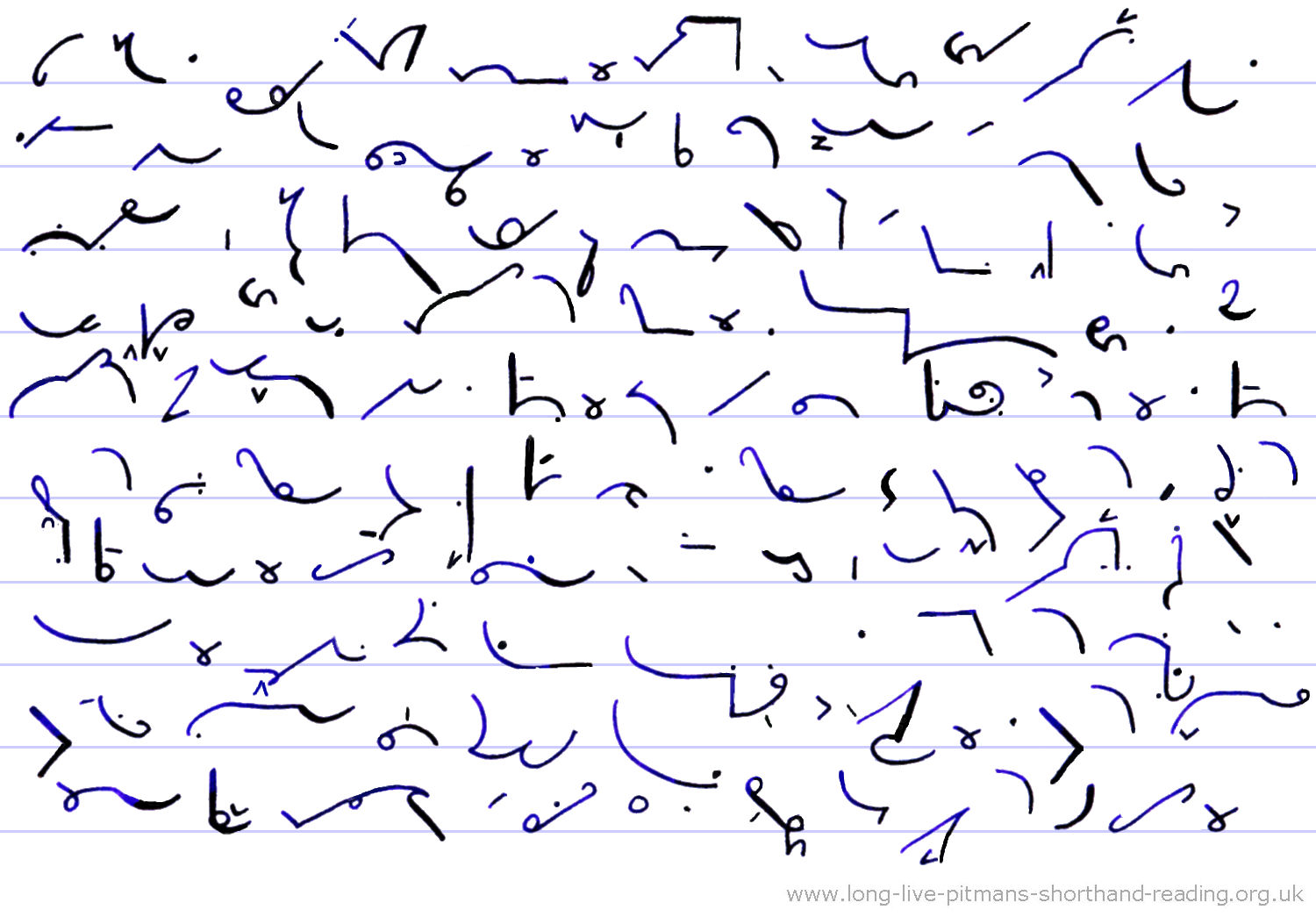
Well, I have a sincere apology to make. I regret to inform you that you
are really reading an article written for someone else. I know it is
very annoying, and maybe even embarrassing, but I think that it may be
necessary to just make the best of it and pick out a few of the new
outlines that you need to learn or practise. The fact of the matter* is
that you, the shorthand learner/enquirer, are not a dummy. Here are some
definitions of the word: A dumb, stupid or silly person, fool, idiot,
dolt, mute, a person without the power of speech or who says or does
nothing. One seeming to act independently but in reality controlled by
another. Counterfeit, sham, fake, fictitious, a copy or imitation of an
object often lacking some essential feature of the original. An object
or likeness of something designed to resemble and serve as a substitute*
for the real or usual one.
* Omission phrase "fact (of the) matter" See more ways to abbreviate
"fact" phrases at
www.long-live-pitmans-shorthand.org.uk/phrasing4-omission.htm#OmittingConsonant
* "subs(t)itute" Omits the first T

Rendered immobile by one unknown outline too many
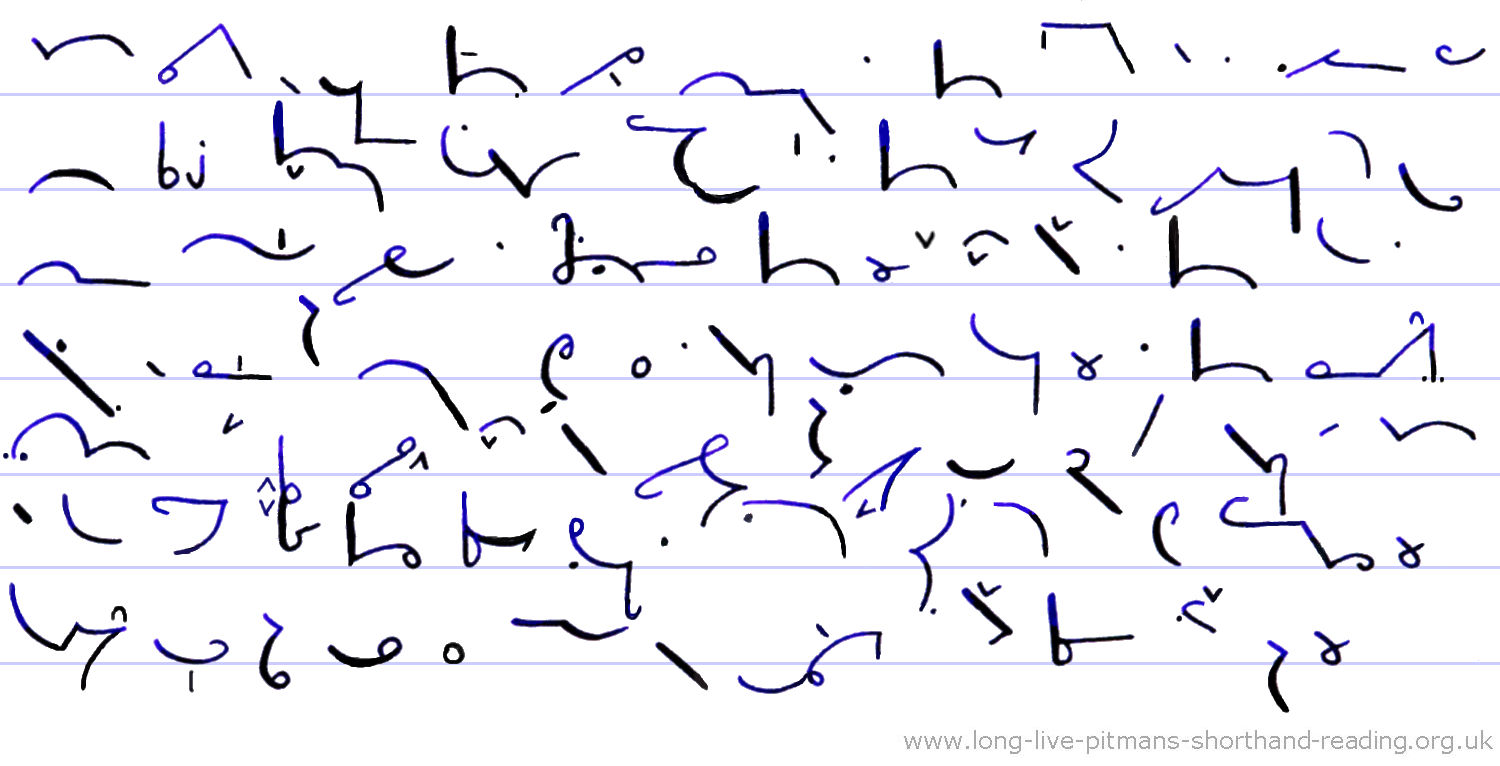
I am happy to undertake dummy runs, make up a dummy copy of an article
in order to* improve its content, admire fashionable clothing on a dummy
in the shop window or even make my own using a dressmakerís dummy. I
might buy a dummy for a baby to suck, although maybe soother is a better
name for it. A dummy security alarm on the outside of the house might be
useful, although the real thing would be much better, and I am all for
crash dummies testing the safety of a car chassis or other equipment.
Fortunately none of these things is going to be insulted* by the
description applied to them.
* Omission phrase "in ord(er to)"
* "insulted" It would generally be
downward L after N or Ns, as in "insult, insulate, noisily, only" etc,
but here needs to be upward in order to join the T stroke
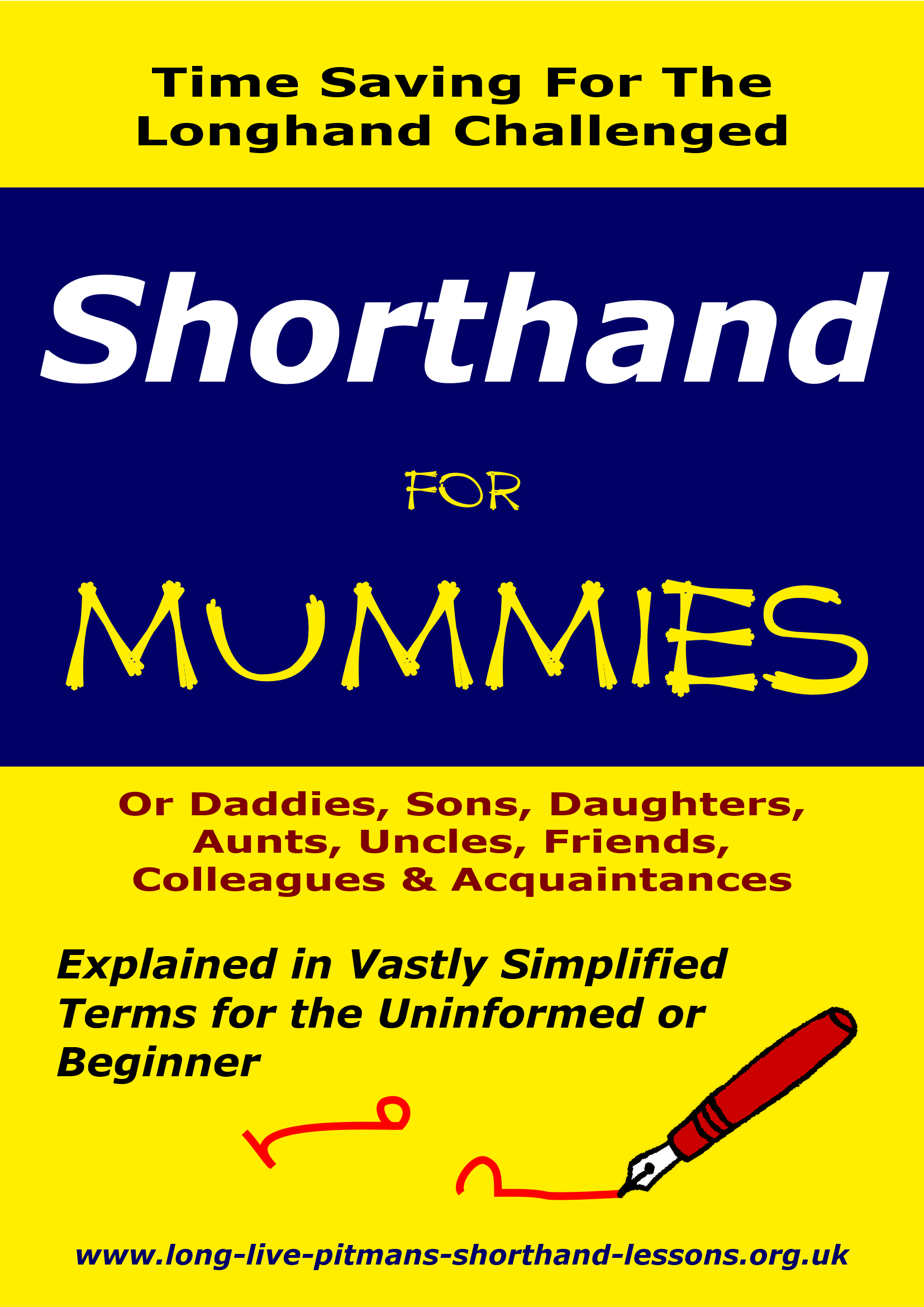
Of course you can
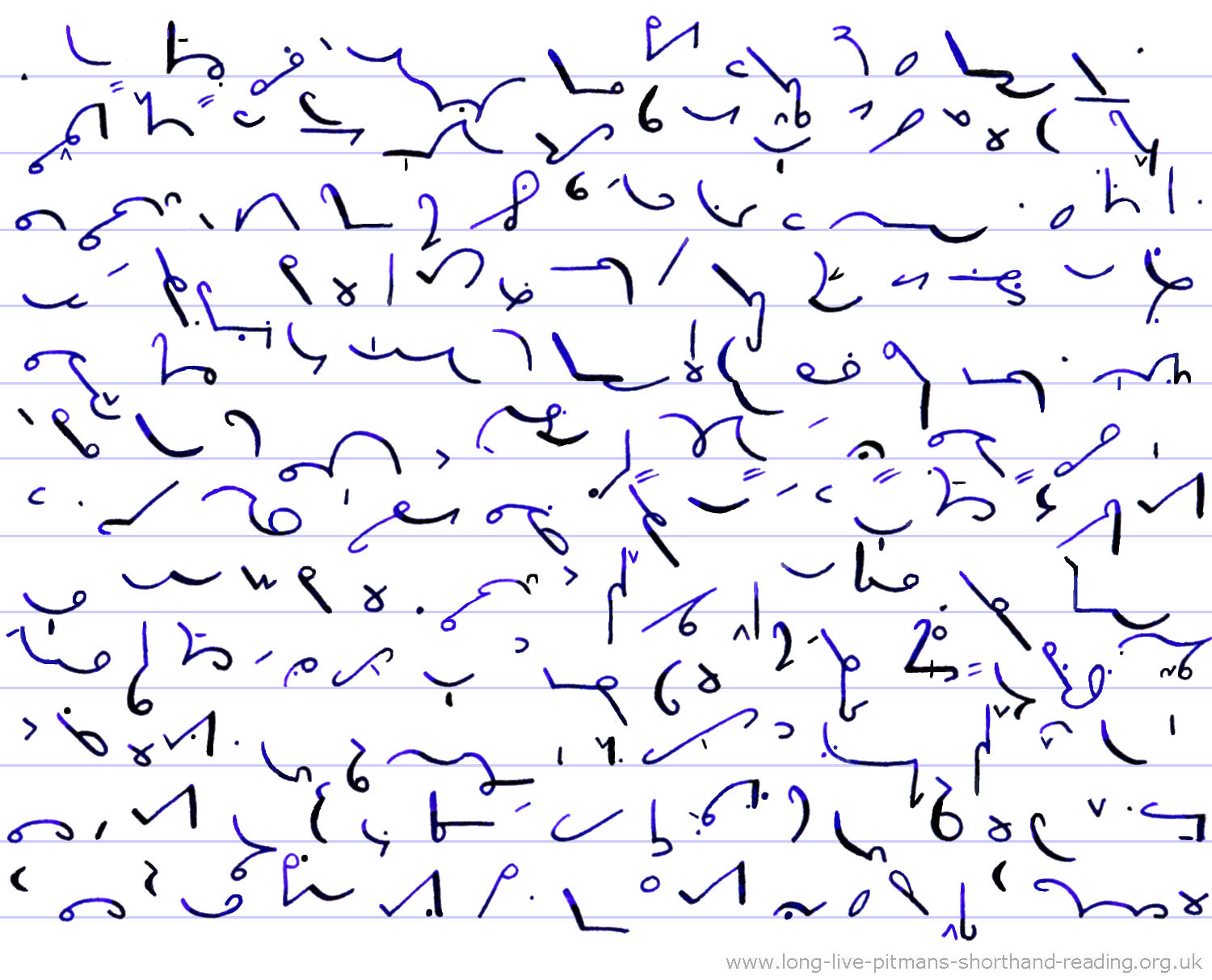
The "For Dummies" series of informational books started when computers
were first beginning to become a household item, in order to* overcome
the gulf between those in the know and "the rest of us". They provided
some humour to help break through the resistance that is
often felt when
making a first attempt at a new and possibly complicated subject. It
also fits the cover much better than saying "Explained in vastly
simplified terms for the uninformed or beginner"!
They have since spread to cover a multitude of subjects, being very
similar to the long-standing "Teach Yourself" and "Made Simple" series,
but with a greater emphasis on using the simplest possible language and
with no assumption that the reader already knows anything about the
subject.
The humour of the title rules out in advance the possibility*
of taking offence at this assumption and lets one know what to expect within. They
are the opposite of the jargon-filled specialist*
manuals of the past. I
read a few of these many years ago but I did wonder what effect the
title might have on someone who already feels that they fit the
description, and whether it would consolidate their view of themselves.
However, I concluded that someone of that opinion starting to read such
a book has already made the first step out of that frame of mind*.
* Omission phrases "in ord(er to)"
"frame (of) mind"
* "possibility" Optional
contraction
* "specialist" Essential to insert
last vowel, to distinguish from "specialised"
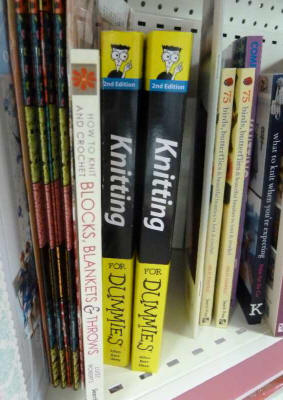
Just a little reminder that knotting, netting and knitting all need
their vowel written in
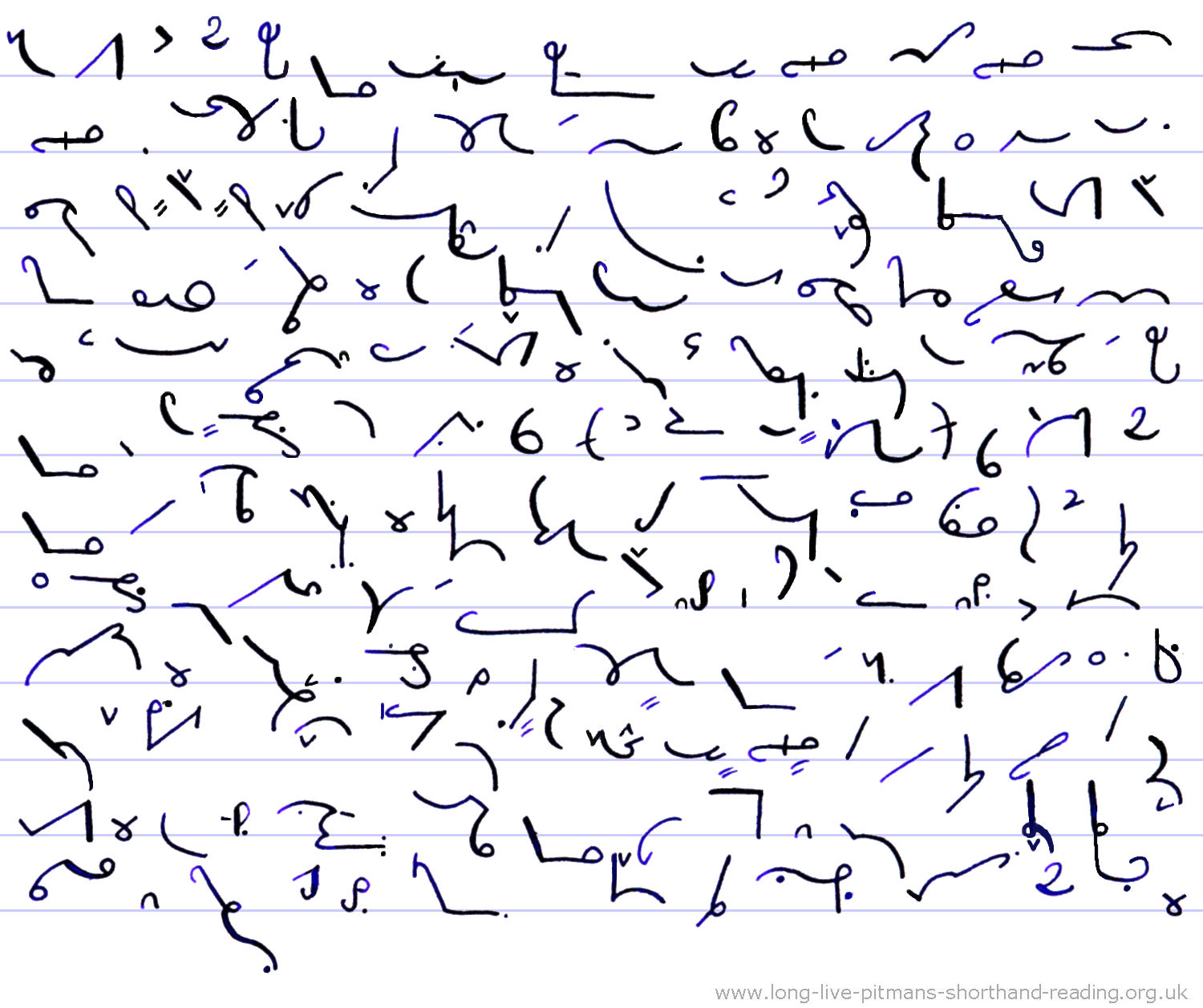
I have read all the shorthand instruction books, including Instructor,
New Course, Modern Course, Commercial Course, the Anniversary Edition,
Teach Yourself, and many others. Every one of them is written in a
simple step-by-step* style, introducing each feature with short and
precise descriptions*, followed by practice sentences and passages. They
describe everything in the simplest terms using the minimum of words,
with neither humour nor apology. Compared with the present-day tendency
for manuals and instruction books to over-explain or repeat themselves
(what I call hand-holding), these older shorthand books are models of
brevity.
At the time they would have generally accompanied class lessons, so that
what the teacher has explained could be reviewed easily and quickly by
the student but they are all equally* suited to the home learner.
Obviously, the exception is the Teach Yourself book and I did read this
one as a taster before I started my college year, although I found the
New Course, which our teacher used, much easier to read. If studied
methodically, any of these books will get you to your desired
destination, as long as you persevere and do not stint on practising
time, which is the mainstay of learning shorthand.
* "Step-by-step" can also be written as an omission phrase, see
www.long-live-pitmans-shorthand.org.uk/phrasing5-omission.htm
* "descriptions" The singular
"description" is a contraction, but the plural has to be full outline,
so it doesn't look like "discourse" which is similar in meaning
* "equally" The short form does not
have a dot for the ending, but you could insert one if necessary

i.e. discouraging remarks from
those who lack your determination
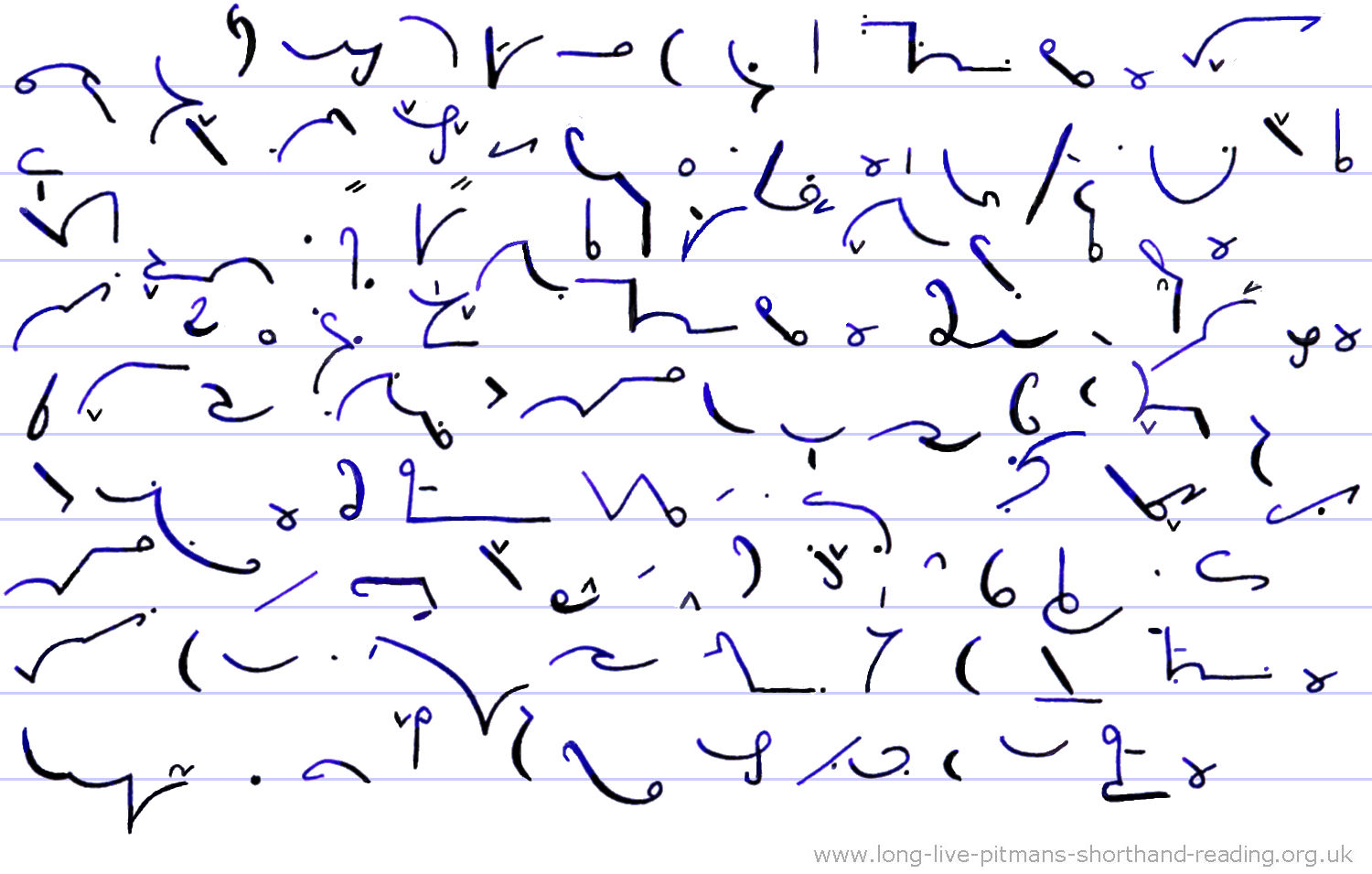
Some people feel that they are unintelligent or dull because they failed
at academic subjects. I like the quote by Albert Einstein, "Everybody is
a genius. But if you judge a fish by its ability to climb a tree, it
will live its whole life believing that it is stupid."
Learning shorthand is completely unlike academic subjects. There is
nothing to really "understand". Just like ordinary alphabets, all the
marks have no meaning other than that ascribed to them by the inventor.
There is structure, purpose and a clear rationale behind the way the
marks are grouped by sound, and how they are combined, but beyond this
it is only* a question* of learning them in an orderly manner and
practising until they become automatic. Eventually the mere sight of
them brings instant recognition without any struggle.
* "it is only" On its own, "only"
is written with full N and L strokes
* "question" Optional contraction
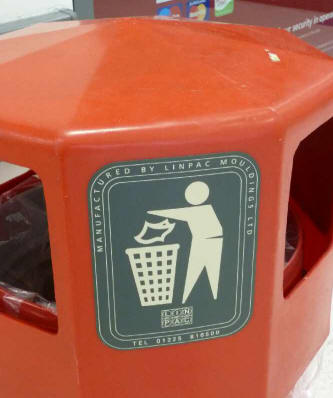
The ideal filing system for negative comments
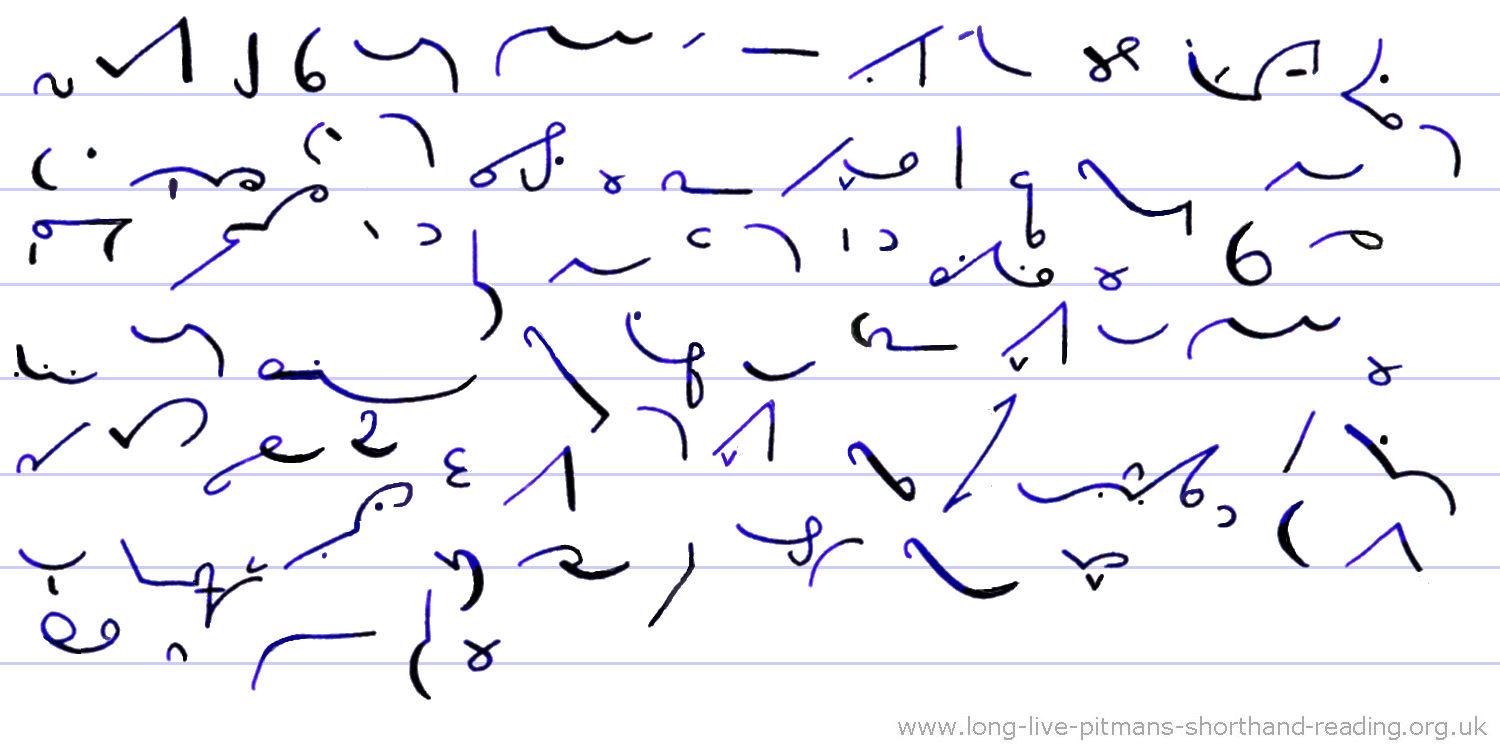
You have already done this in your longhand, and can rattle off all
sorts of convoluted shapes without a momentís thought or hesitation. You
can recognise it when it is printed, written or scrawled, regardless of
what it was written with or on what surface. This is most evident in
your signature, probably the fastest thing that you can write in
longhand.
You are also using shorthand when you read or write numbers/numerals,
which bear no pictorial relation to their meaning, but which instantly
bring to mind what they represent as soon as you look at them.

Dinner-U-Like!
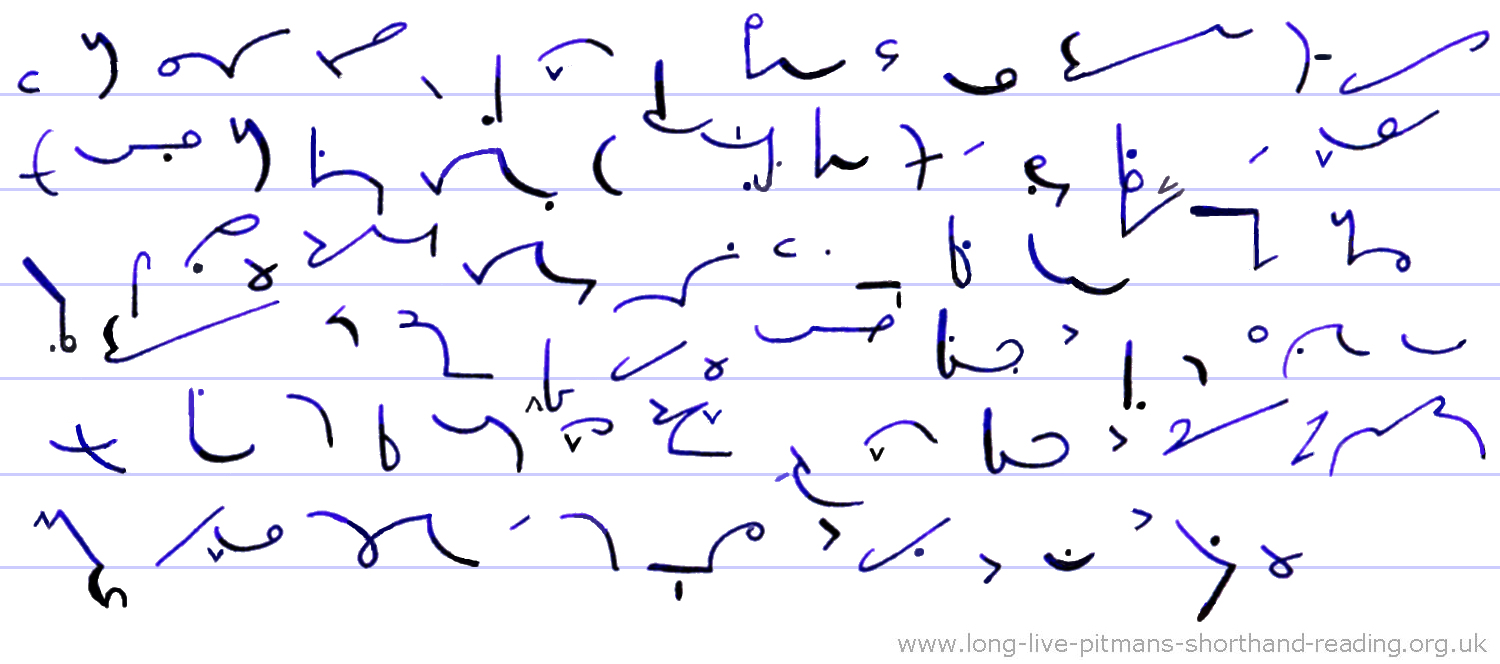
When I was small, I used to eat my dinner starting with the things that
were not so wonderful (in case I was tempted to leave them uneaten at
the end) and saved the tastier and nicer bits till last. I wanted to
leave the meal with a good taste, having got the items that were "hard
work" out of the way.
In case the definition of the "D" word has left any unfortunate* tang or
taste in your mind, I would like to offer my definition of the shorthand
writer*/learner, and I hope that you* recognise yourself and your goals,
all the way to the end of the page.
* "unfortunate" Optional
contraction
* Omission phrases "short(hand)
writer" "I (h)ope that you"

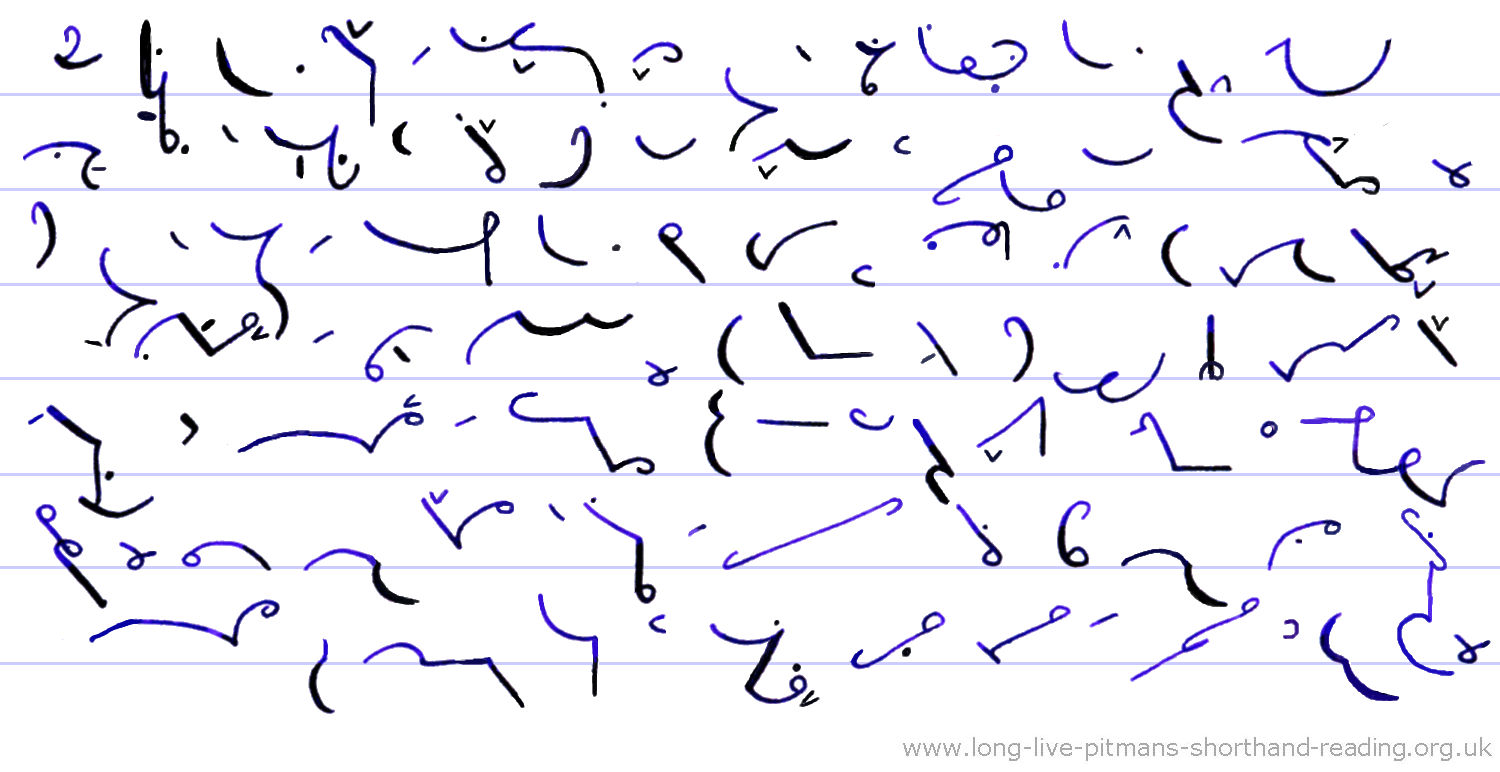
Shorthand devotees have a bright and enquiring mind, full of endless
fascination for a beautiful and efficient method of notation that
combines pleasure in writing with usefulness in employment.
They are
full of enthusiasm and interest for a subject that will, when mastered,
allow them to leave behind the laborious and slow longhand. They back up
their initial decision to learn by obtaining all the materials and
equipment that they can, in order to* be able to write and practise as
extensively as possible. Some may have piles of pads and wonderful pens,
others may have less plentiful materials but they make up for it with
ingenious ways to use and reuse what they have.
* Omission phrase "in ord(er to)"
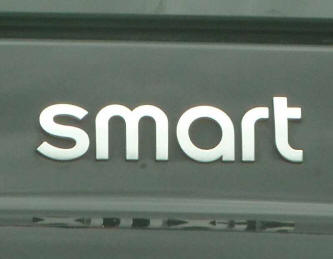
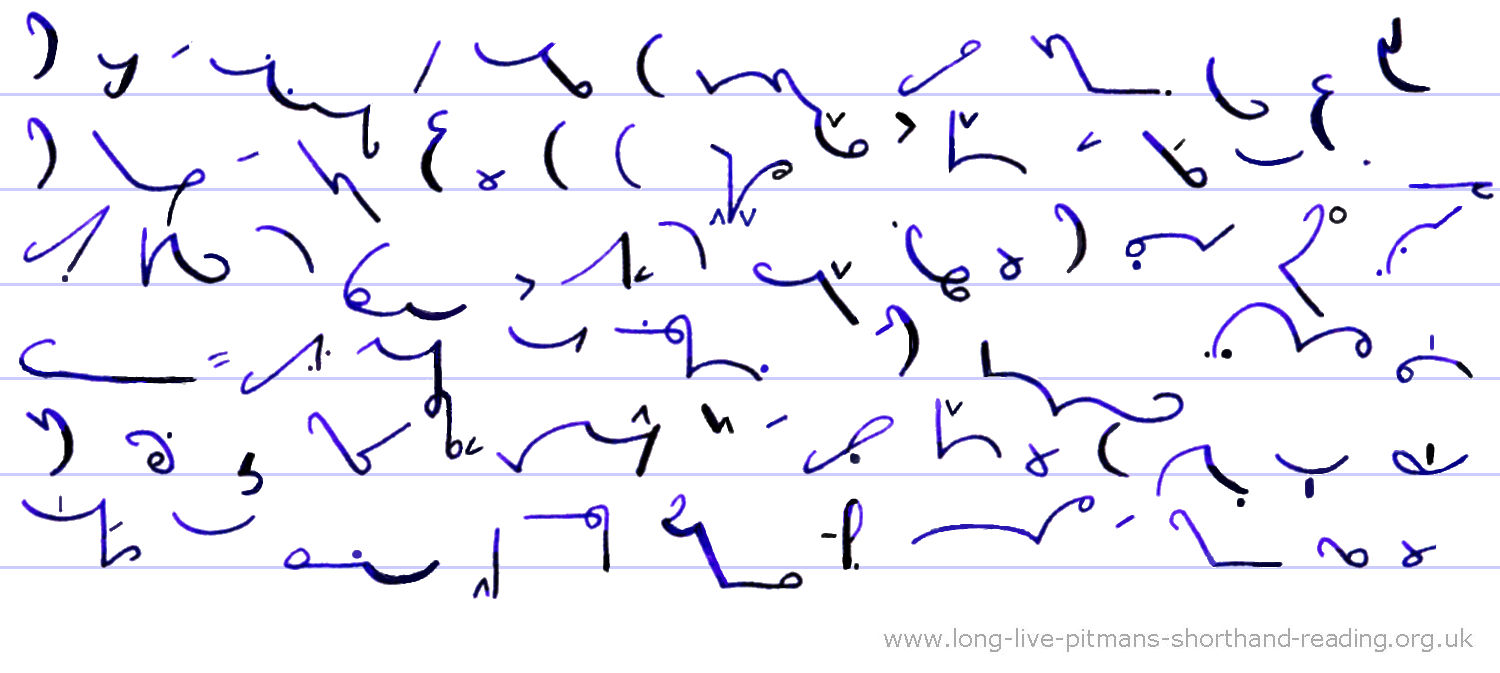
They are intelligent and inventive which enables them to improvise ways
of practising even when they do not have their pencil and paper with
them. They think of outlines all the time, on the bus, in a queue,
watching television or listening to the radio or nearby conversations.
They are smart, sharp, alert, quick-witted and industrious in the
extreme, and their determination alarms some of their friends who would
prefer to lounge about and waste time. They leave no stone unturned in
seeking out extra shorthand books, study materials and practice
opportunities.

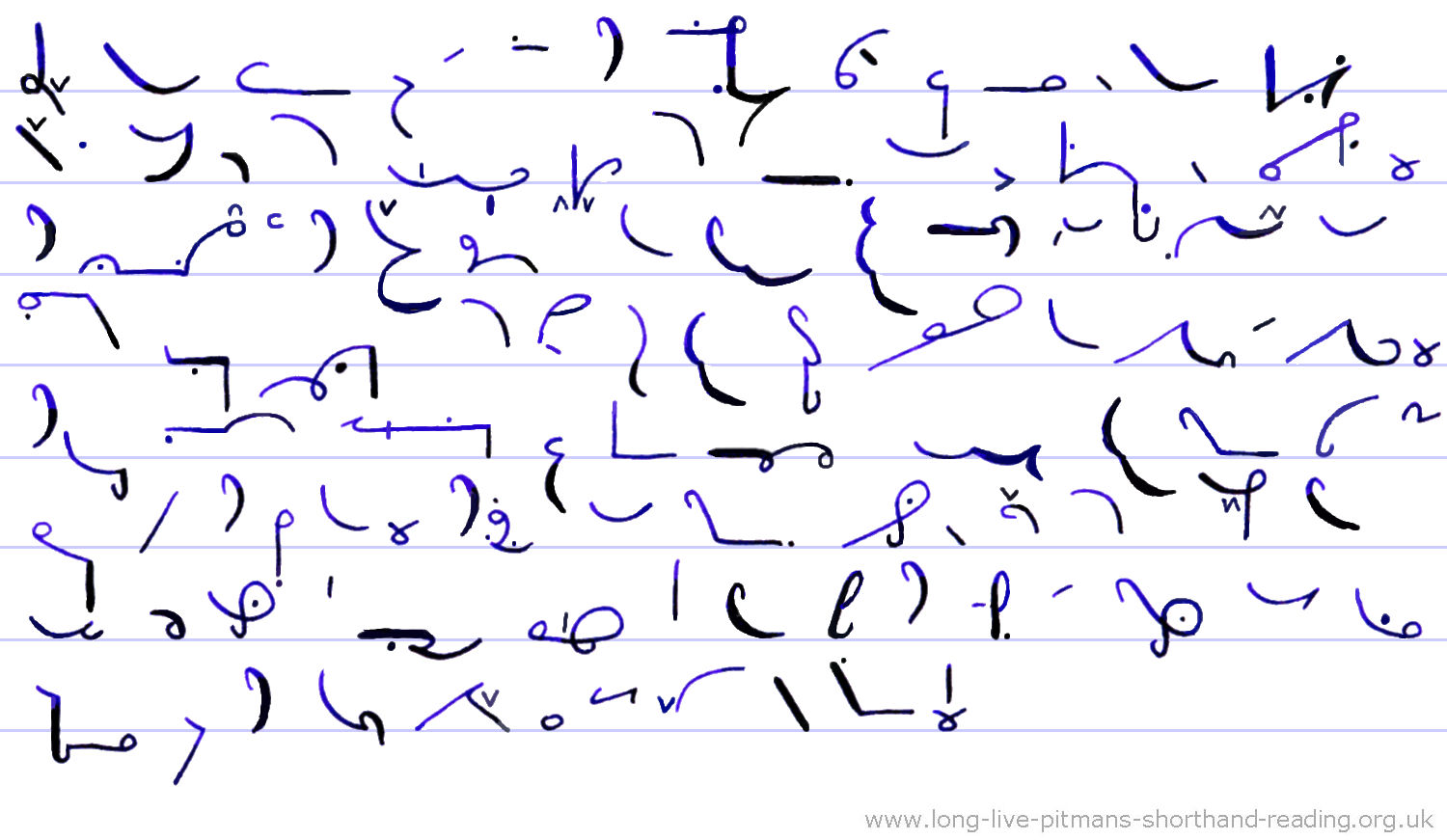
Despite being quick to think and act, they are exceedingly slow when it
comes to being derailed by an unusual word or unknown outline, or giving
in to the temptation* to hesitate. They are meticulous with their filing
system for everything that they have gathered, not allowing any scrap to
get mislaid or lost, so that they have plenty of resources for review
and revision. They are confident, calm and collected when they take
exams, knowing that they have practised well beyond the speed which they
are sitting for. They are consistent in practising, resistant to fright
or anxiety over new words, insistent on gaining successes at every stage
of their study, and persistent in the face of difficulties, to which
their favourite reply is "Iíll be back!" (1377 words)
* "temptation" Omits the lightly
sounded P, so M stroke, not Imp

Top of page
EeZee Alphabet
(17 August 2013)
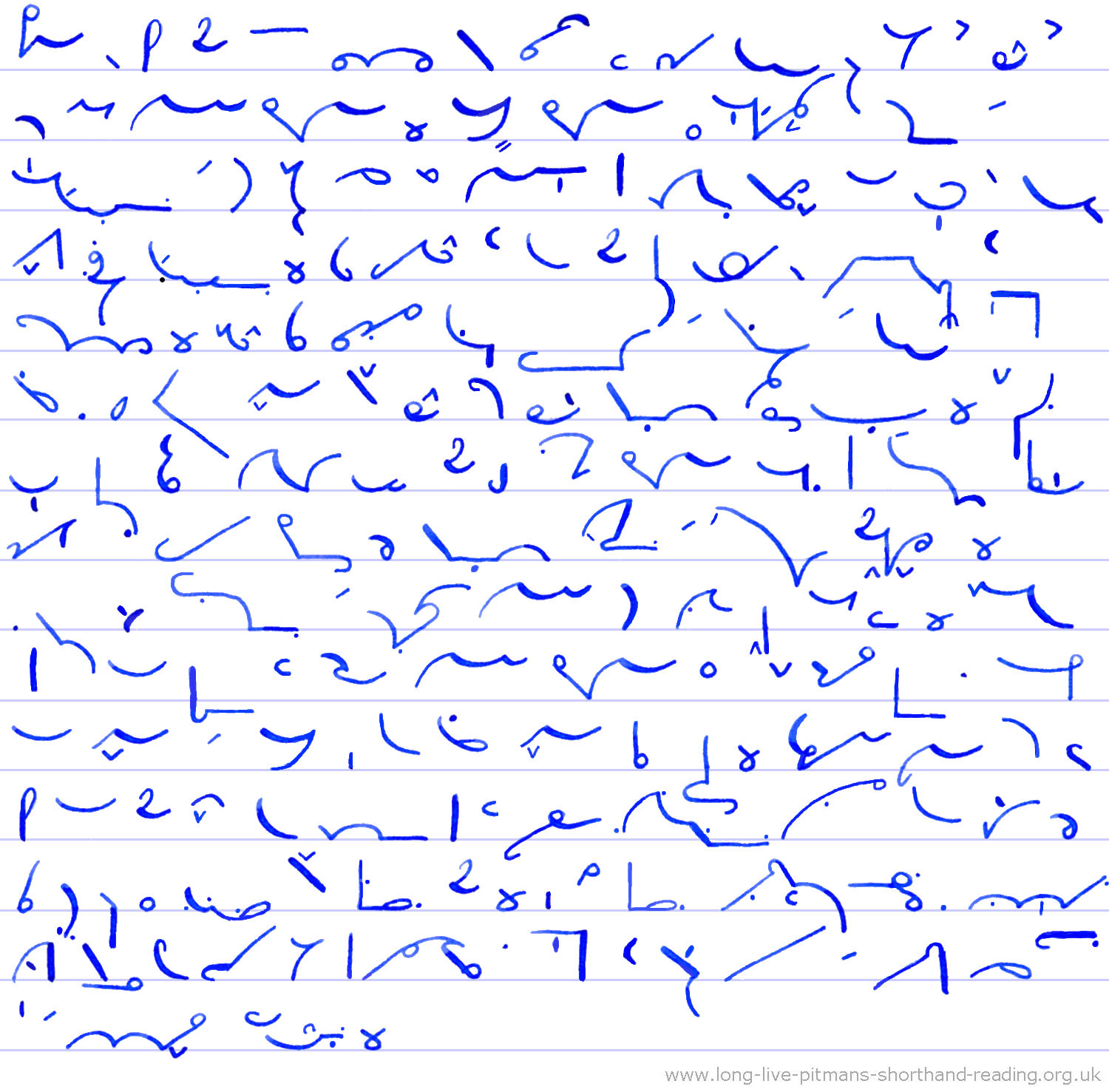
Starting to study shorthand can sometimes be hampered when you are
having to think only of the sound of the word, and not the longhand
spelling. English spelling is notoriously irregular and unphonetic, and
so I think that most of us long ago had to leave behind any notion* of
being able to write consistently phonetically. Then we found that for
shorthand it was necessary to recapture that frame of mind*. I found this
hindrance faded quickly and painlessly, and, having got past the first
chapter, writing by sound very soon became second nature. I shed no tear
that this lovely new shorthand did not match the spelling, indeed it
formed its own world where spoken words became logical and orderly
shorthand outlines.
The poor old quirky and irrational longhand was left out in the cold. I
never had any difficulty with ordinary longhand spelling, as I always
took an interest in writing and English, but for fast writing it is out
of the question*. Those who are not willing or able to study any
shorthand might have to make do with using alphabetic letters for whole
words, which is easy to do, as evidenced by texting "shorthand". But as
the texting repertoire expands, the memory load becomes ever greater,
until it resembles a code that both writer and reader must agree on and
memorise in order to* communicate.
* "notion" Insert the vowel in "notion" as it is similar to the short
form "information" and the short form "opinion" all
of which could make sense in the same sentence
* Omission phrase "frame (of) mind"
"out (of the) question" "in ord(er to)"

Quirky Qwerty
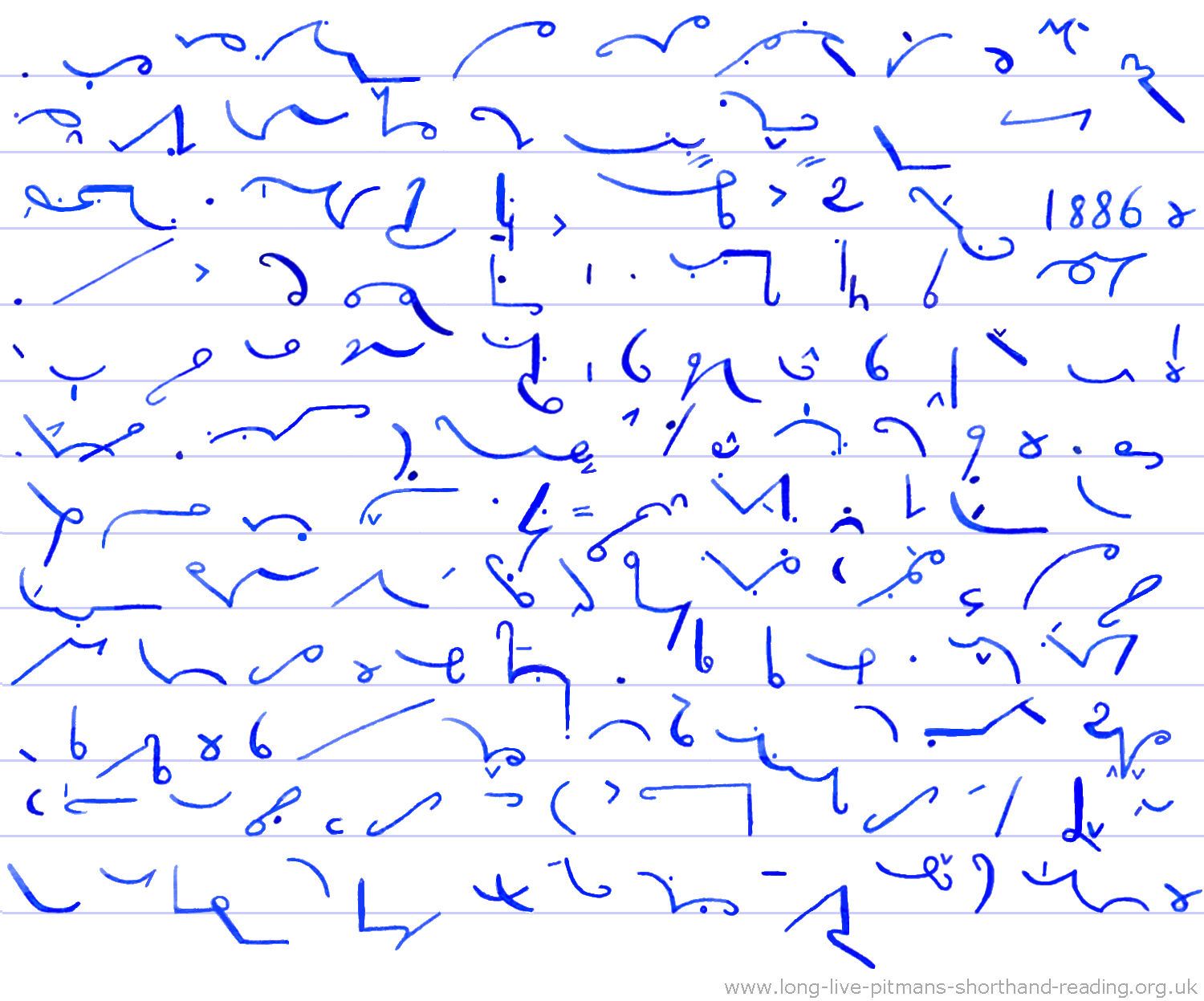
The names of most alphabetic letters more or less* resemble whole words
and I thought you would be amused* to read
the following items from the Internet Archive book "Stenography: A
Monthly Journal Devoted to the Interests of the Shorthand Profession
(1886)"*. The writer of the verse
seems to have* taken on a negative attitude which is most certainly of no
use in his shorthand writing* endeavours, but then he will have found
this out by now! The poem requires the American Zee pronunciation and
the H sound omitted from "he". The second passage looks to me* like a
gentle-humoured parody aimed at the vogue for phonetic spelling reform,
and plays upon the strange appearance that results when the letters used
are not the familiar ones. Instead of trumpeting the advantages, it is
instead an entire apology to its readers. This rather reminds me of
those inventive or garbled shorthand outlines that occur in haste when
one cannot think of the correct one, and which, despite not being in the
textbook* or dictionary, nevertheless often remain quite readable in
spite of their unfamiliarity.
* Omission phrases "more (or) less"
"seems (to) have" "short(hand) writing"
* "amused" and "amazed" Always insert the
second vowel sign in these and
their derivatives
* http://archive.org/details/stenographyamon00bealgoog pages 83 & 88
* "me" Helpful to insert the vowel in this and in "him" in
phrases"
* "textbook" Omits the lightly
sounded second T
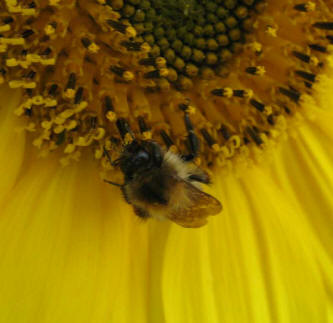
OICAB,CUAB?YSICAB2
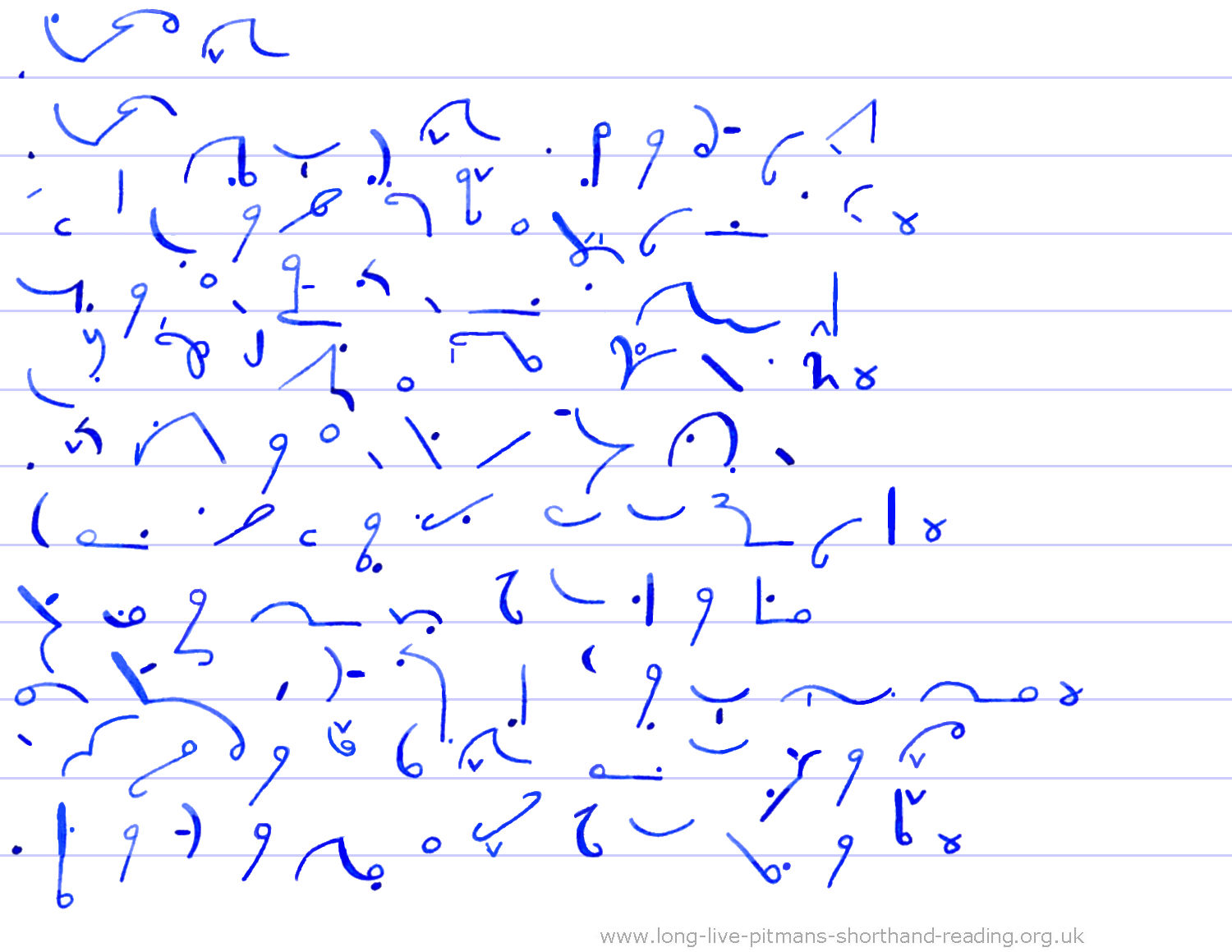
THE FARMER'S* LIFE
The farmer* leads no E Z life, // The C D sows will rot,
And when at E V rests from strife, // His bosom will A K lot.
In D D has to struggle hard // To E K living out,
If I C frosts do not retard // His crops, there'll* be a drought.
The hired L P has to pay // Are awful A Z too;
They C K rest when he's away, // Nor any work will do.
Both N Z cannot make to meet, // And then for A D takes,
Some boarders, who so R T eat, // That E no money makes.
Of little U C finds this life, // Sick in old A G lies,
The debts he O Z leaves his wife, // And then in P C dies.
* "farmer" See
www.long-live-pitmans-shorthand.org.uk/distinguishing-outlines-2-rule.htm
"former farmer"
* "there'll" Insert the intervening circle vowel, otherwise it would
read as "there will", see
www.long-live-pitmans-shorthand.org.uk/phrasing7-misc.htm#contractedapostrophe
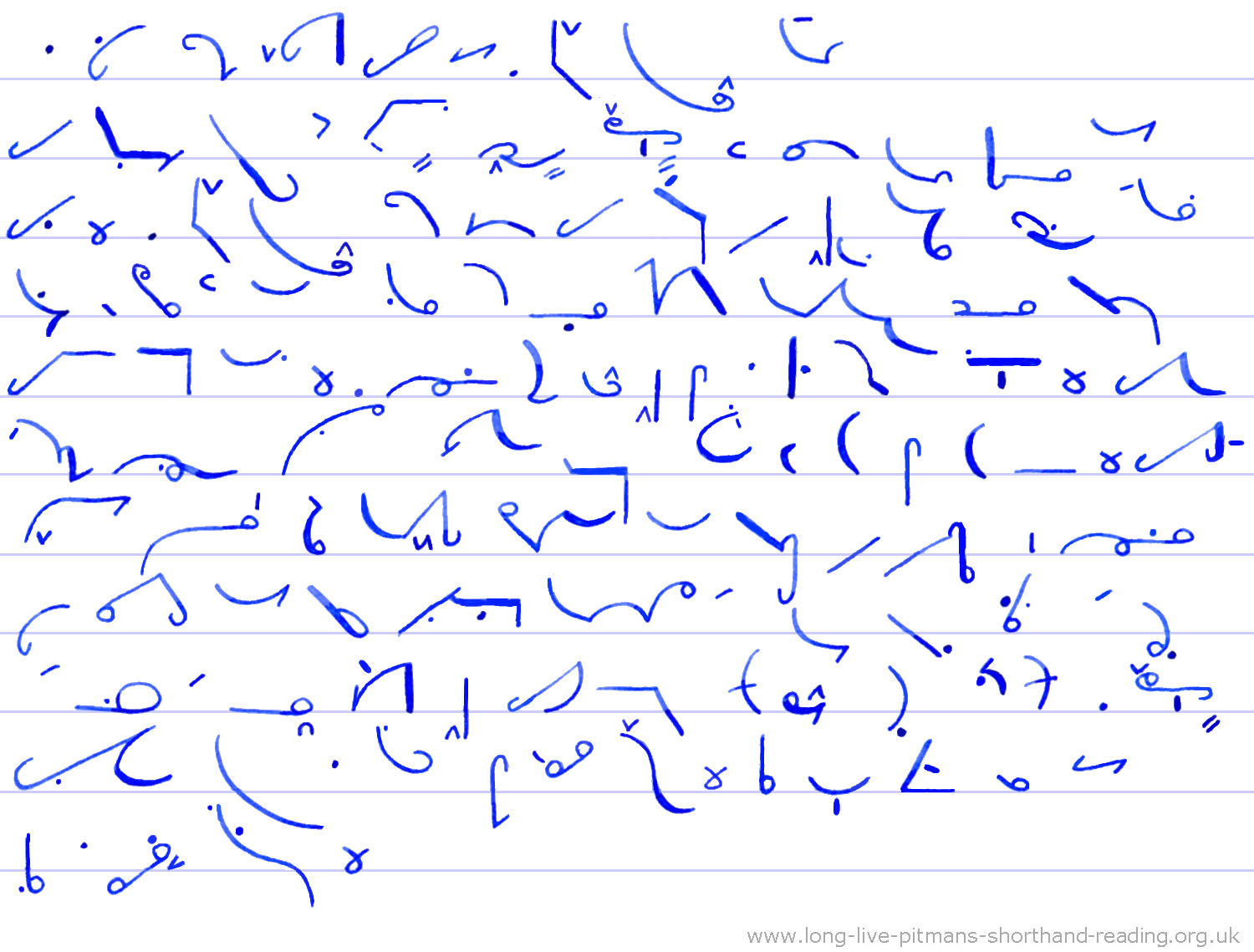
A WAIL FROM THE WILD WEST Ė THE TYPE PHOUNDER'S PHAULT
We begin the publication of the Roccay Mountain Cyclone with some phew
diphphiculties in the way. The type phounders phrom whom we bought our
outphit phor this printing ophphice phailed to supply us with any ephs
or cays, and it will be phour or phive* weex bephore we can get any*. The mistaque was not phound out till a day or two ago. We have ordered the
missing letters, and will have to get along without them till they come.
We donít lique the loox ov this variety ov spelling any better than our
readers, but mistax will happen in the best regulated phamilies, and iph
the phís and cís and xís and qís hold out we shall ceep (sound the c
hard) the Cyclone whirling aphter a phashion till the sorts arrive. It
is no joque to us Ė itís a serious aphphair. (692 words)
* Omission phrase "four (or) five"
* "any" This short form is also "in" and as the context here does not
help, it is best to insert the final vowel sign for clarity
Key to paras 3 & 4:
THE FARMER'S LIFE
The farmer leads no EASY life, the SEED HE sows will rot, and when at
EVE HE rests from strife, his bosom will ACHE A lot. InDEED HE has to
struggle hard to EKE A living out, if ICY frosts do not retard his
crops, there'll be a drought. The hired HELP HE has to pay are awful
LAZY too; they SEEK A rest when he's away, nor any work will do. Both
ENDS HE cannot make to meet, and then for AID HE takes, some boarders,
who so HEARTY eat, that HE no money makes. Of little USE HE finds this
life, sick in old AGE HE lies, the debts he OWES HE leaves his wife, and
then in PEACE HE dies.
A WAIL FROM THE WILD WEST - THE TYPE FOUNDER'S FAULT
We begin the publication of the Rocky Mountain Cyclone with some few
difficulties in the way. The type founders from whom we bought our
outfit for this printing office failed to supply us with any fís or kís,
and it will be four or five weeks before we can get any. The mistake was
not found out till a day or two ago. We have ordered the missing
letters, and will have to get along without them till they come. We
donít like the looks of this variety of spelling any better than our
readers, but mistakes will happen in the best regulated families, and if
the p-hís and cís and xís and qís hold out we shall keep (sound the c
hard) the Cyclone whirling after a fashion till the sorts arrive. It is
no joke to us Ė itís a serious affair.
Top of page
Queen's Beasts (22 August 2013)

Friendly Beasts welcome you to their home
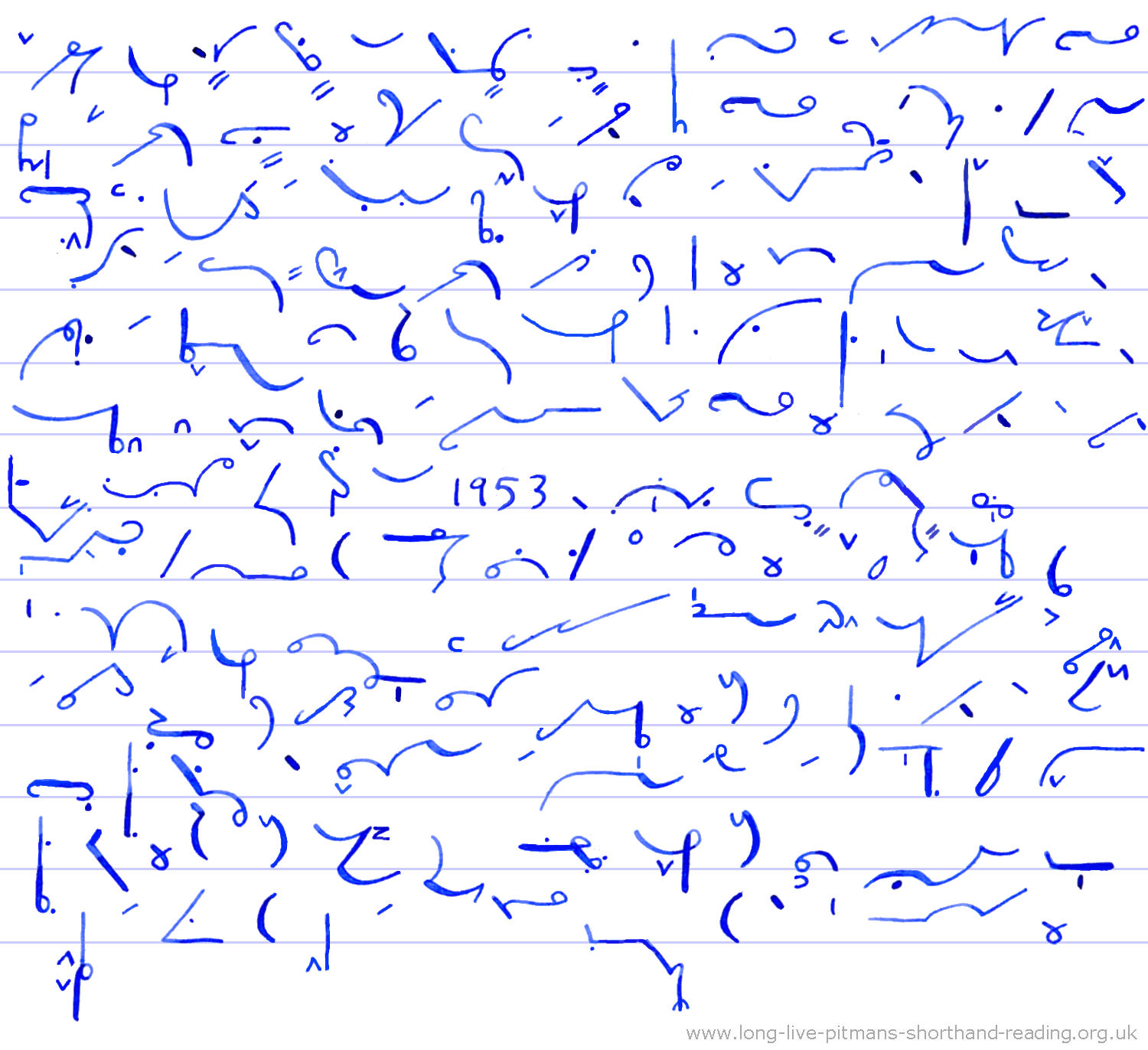
I recently visited Hall Place in Bexley, Kent, a
Tudor mansion with
ornamental gardens situated on the River Cray. There are flower and rose
gardens, fruit orchard, a large long greenhouse with a fishpond and
banana trees inside, lawns and parkland, all tied together by the
shallow and clear flowing river running through it. I am looking forward
to illustrating and describing more of this for your interest at a later
date, but for now I would like to introduce you to my favourite and
unique part of the gardens. Here is the row of yew topiary animals which
were planted in 1953 to commemorate Queen Elizabeth The Second's coronation,
which makes them exactly the same age as myself. I first noticed these
on an earlier visit some years ago when we were walking around the
interior of the house and happened to glance through one of the small
windows. I was sure it was a row of giant green teddy bears, all smiling
and looking soft and cuddly, just like teddies ought to be.
Although I
was enjoying seeing the exhibits inside, I was somewhat impatient to go
outside and check them out, and of course to capture them all on camera.
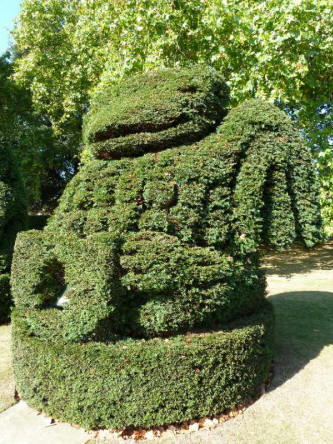
Falcon
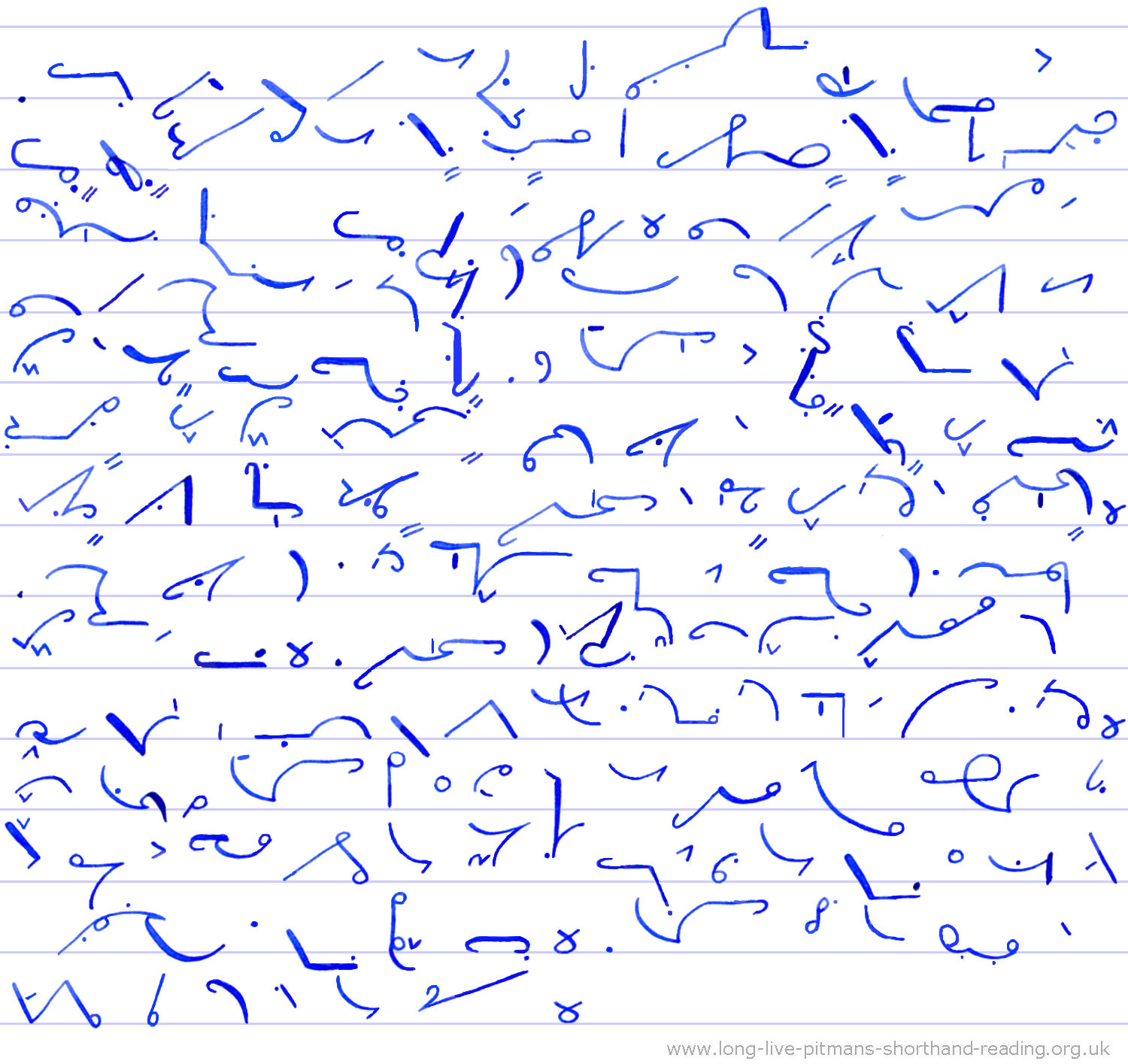
The clipped yew bushes are in the shape
of the ten* heraldic stone
figures of the Queenís Beasts that were in the Abbey Annexe at
Westminster Abbey at the coronation ceremony, depicting the Queenís
genealogy and history. Some are real animals and some are mythical and
here they are in order* from left to right: Lion of England, Golden
Griffin of Edward* The Third Falcon of the Plantagenets, Black Bull of
Clarence, White Lion of Mortimer, Silver Yale of Beaufort, White
Greyhound of Richmond, Red Dragon of Wales*,
Unicorn of Scotland, White
Horse of Hanover.
The mythical yale was a horned goat-like creature and the griffin was a
mixture of lion and eagle. The unicorn was originally more like a
rhinoceros or mountain bull but came to be represented in the form of* an oryx or goat, and later on a horse. My favourite is the falcon, as it
has lots* of detail in the wings and feathers, successfully achieved by
the skill of the gardeners responsible for the annual clipping, and the
slit for the beak has ended up resembling a big satisfied grin. The
falcon stands for swiftness of purpose, which is very apt for the
shorthand writer*.
* "ten" and "eighteen" Always
insert the vowels
* "in order" R Hook and doubling to
represent "order"
* "Edward" A halved way is
generally used for "-ward", thus omitting the R
* "Wales" Distinguishing
outline, see
https://www.long-live-pitmans-shorthand.org.uk/distinguishing-outlines-2-rule.htm
"Wells Wales"
* Omission phrases "in the form
(of)" "short(hand) writer"
* "lots" and "masses" Always insert
the vowel as they are similar in shape and meaning
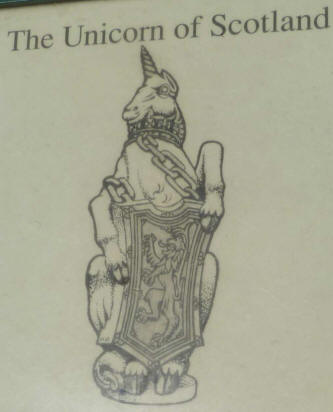
The single horn of the original rhinoceros was perpetuated through
side-view drawings of bulls/goats/antelopes that
showed only one of their two horns
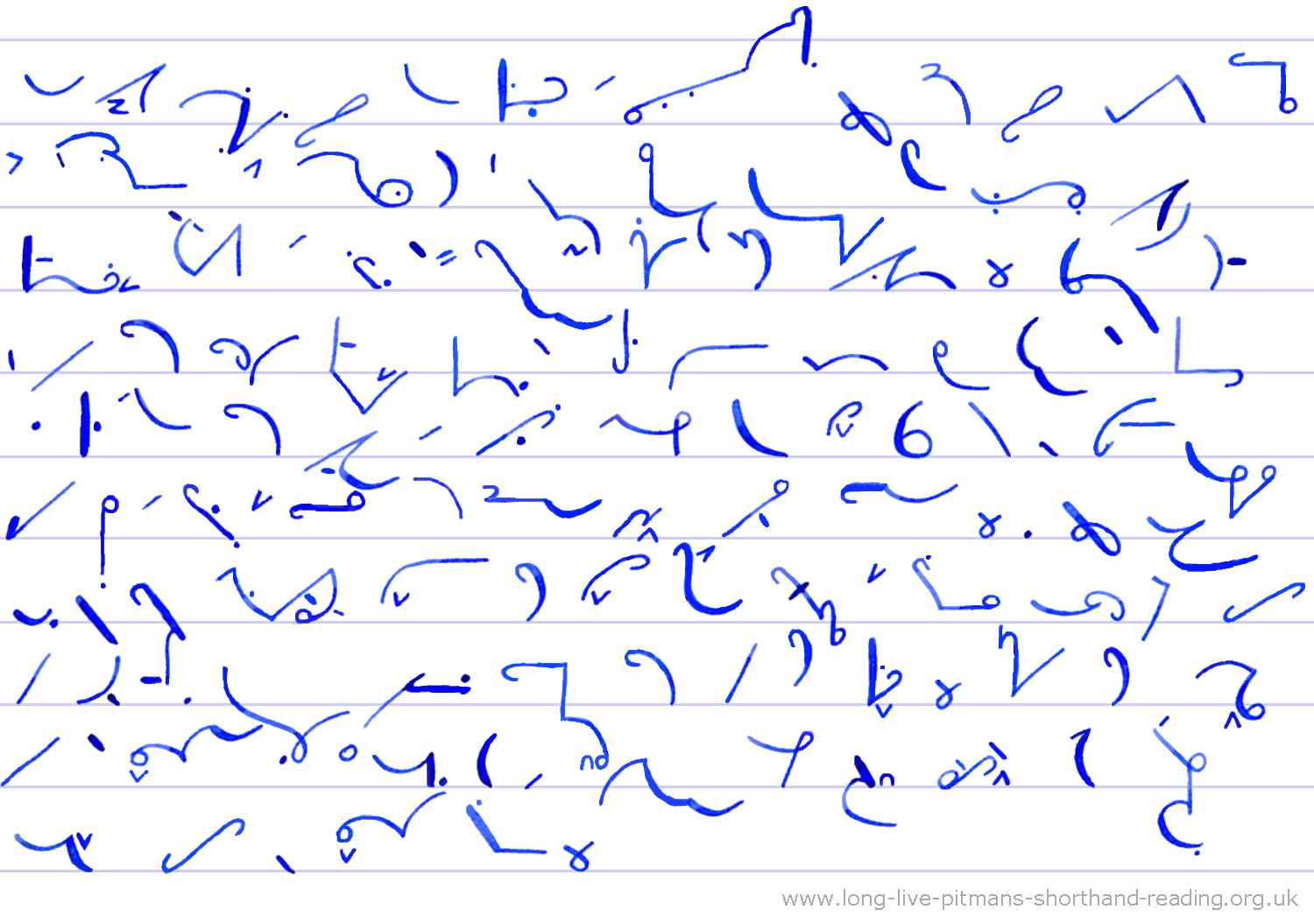
In royal imagery used for decoration and heraldry*, beasts were used to
represent qualities of the monarchy and the emphasis was on power,
strength, victory over enemies, rulership, dominion, authority and
complete all-pervading control of their realm. This may be so, but our
very friendly topiary team of ten* look to me as if they have all taken a
day off from ruling and reigning, and instead have lined themselves up
to welcome visitors who are sitting and playing on the grass or walking
round the rose garden.
The beasts no longer need to be brutal and ferocious like their line
drawing portraits on the plaques in front of each one, which show the
fiercely regal creatures from which they are derived. On the contrary*,
their mouths are all smiling, as indeed they should, living in such
beautiful surroundings, and they positively invite one to smile back.
* "heraldry" Three upstrokes (or
downstrokes) is generally avoided but necessary here
* "ten" and "eighteen" Always
insert the vowels
* Omission phrases "on (the)
contrary"

I knew I'd find Dragon here, cooling down after all that fire breathing
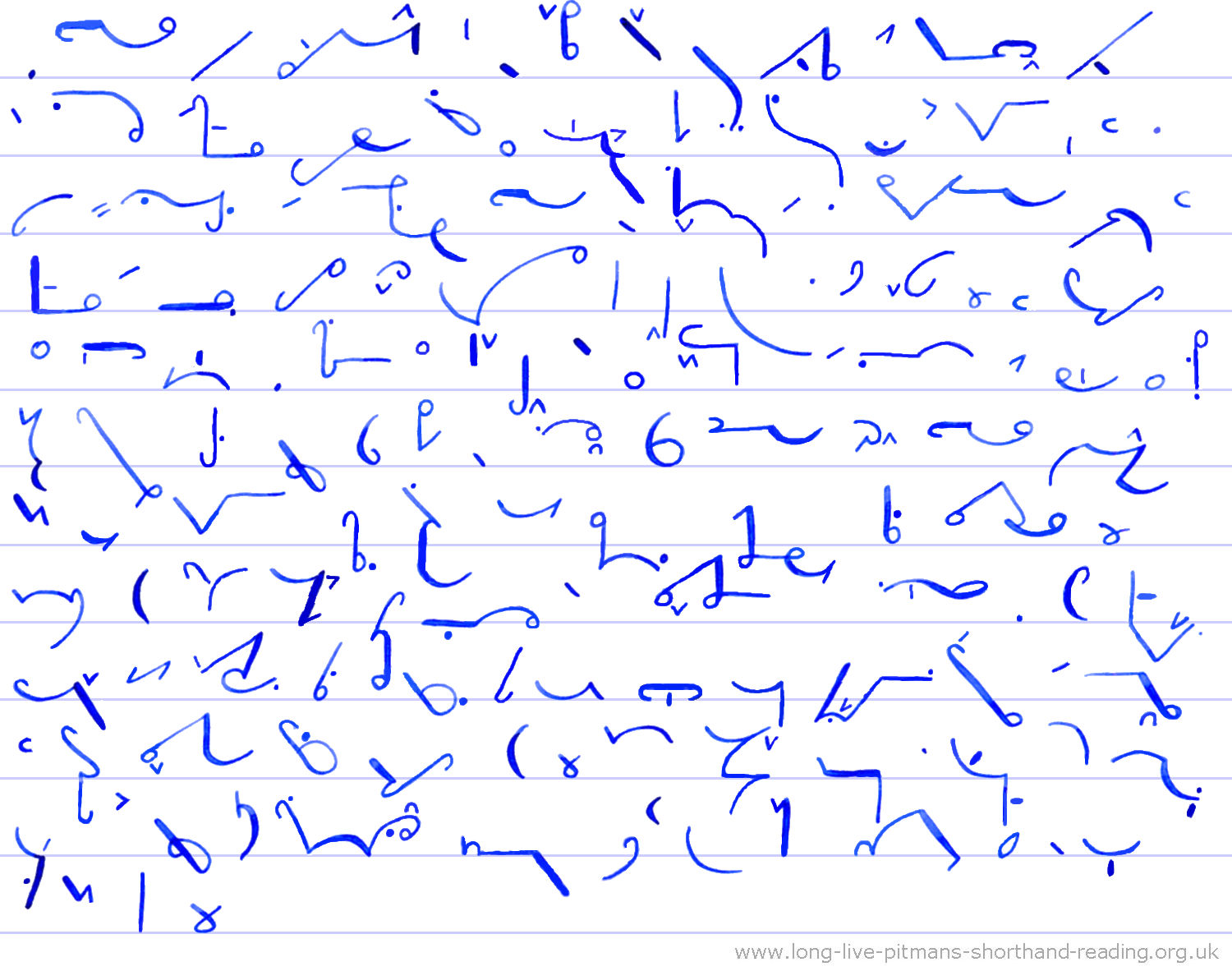
The gardens are surrounded on two sides by busy roads and the background
roar of cars and trucks whizzing past is unavoidable* at the far end of
the park, but with a well-maintained and extensive garden to admire, and
a sparkling river with ducks and geese, oneís mind filters it out after
a short while. When everyone has gone home, the traffic has died down,
all is quiet and calm, and the sun is setting, I think that perhaps the
ten* beasts then start to amuse* themselves, walking around the gardens,
lounging about under the park trees, paddling in the stream, and
discussing the dayís happenings.
I am sure they particularly enjoy the childrenís games of hide and seek*
amongst the other topiary nearby, originally chess pieces which have now
grown into geometric blobs and cubes, with plenty of hiding places
between them. I am unlikely to get a photo or movie footage of the
beasts on their perambulations, but you can be sure that if I do, you
will be the first to know about it. (727 words)
* "unavoidable" See
https://www.long-live-pitmans-shorthand.org.uk/distinguishing-outlines-2-rule.htm
"unavoidable inevitable"
* "ten" and "eighteen" Always
insert the vowels
* "amuse" and "amaze" Always insert
the vowel in these and derivatives
* Omission phrase "hide (and) seek"
www.hallplace.org.uk
http://travelswithshep.blogspot.co.uk/2010/09/royal-botanic-gardens-kew.html
The stone replicas, made in 1958, outside the Palm House in the Royal
Botanic Gardens at Kew, London, plus photos of the descriptive plaques
Top of page
Scramble (25 August
2013)
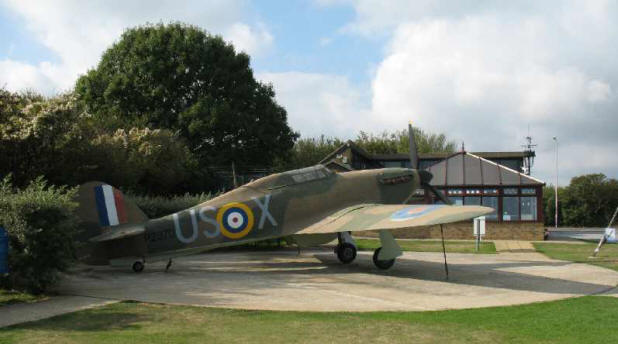
Hawker Hurricane Mk I replica at the National Memorial to the Few
(Battle of Britain), Capel-le-Ferne, Kent
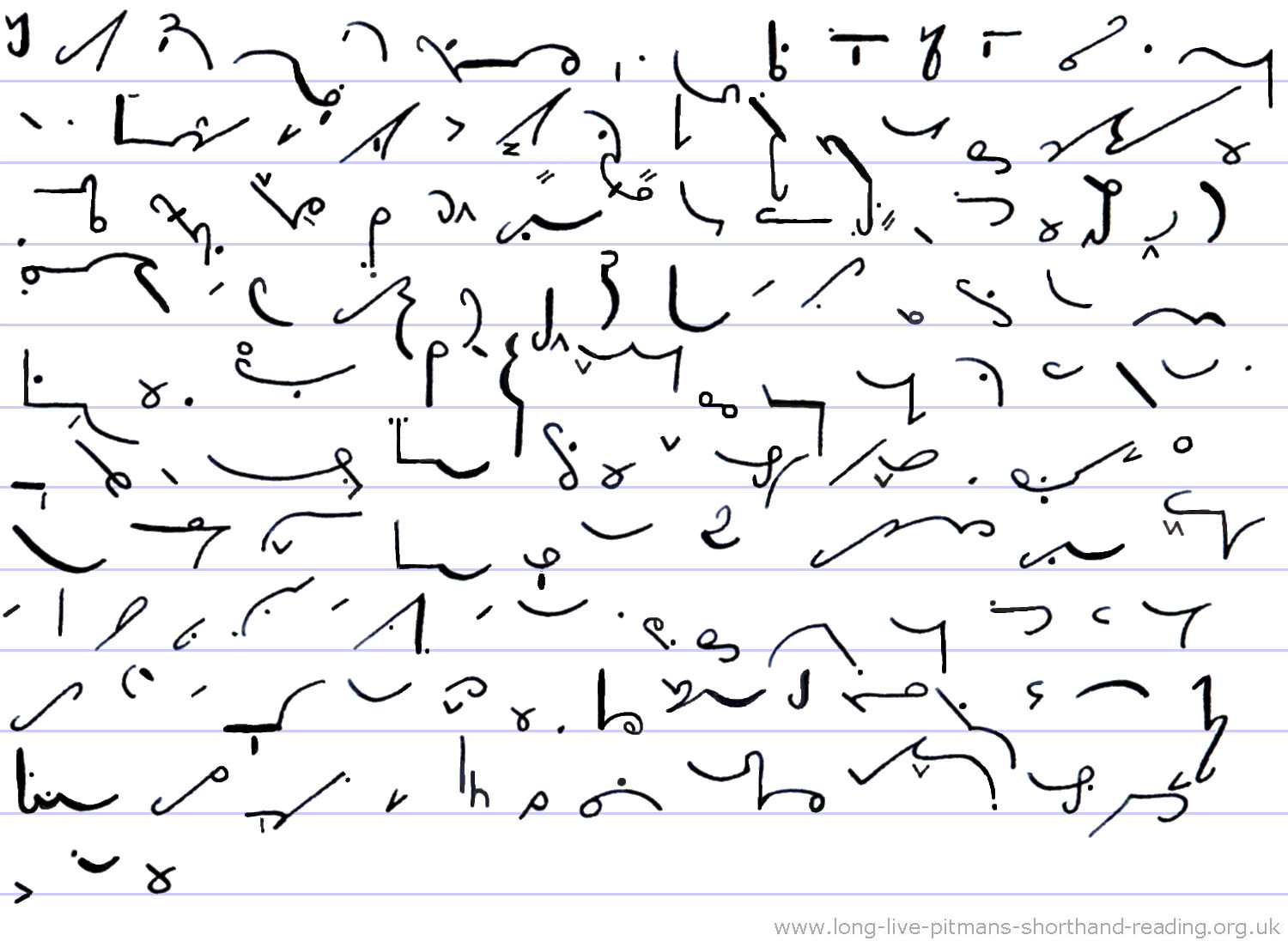
I do not watch war movies or programmes but a few days ago I just caught
half a minute of a documentary on the role of the Royal Air Force at the
Battle of Britain in the Second World War. The actors portrayed pilots
sitting around waiting for the call to action. All of a sudden the* shout
was "Scramble!" and every one of them threw down what he was doing and
ran to his plane for immediate take-off*. The narrator said that they
had 90 seconds to get into the air, in order to* be in a good position
to intercept the attacking planes. I instantly recognised the scenario
as being exactly like taking notes in shorthand, one moment waiting
quietly and at rest, yet alert and ready, and in a split second leaping
into action with only one thought and goal in mind. The demands of
shorthand writing* do not of course compare with the importance and
danger of defending one's country, but the attitude is the same in terms
of requiring instant reaction to the command.
* Omission phrases "all (of a) sudden the" "in ord(er to)" As the "to" is part of this phrase,
you do not need to write the B stroke through the line for "to be". "short(hand) writing"
* "take-off" the noun is written in full, but the phrase "take off" uses
the hook
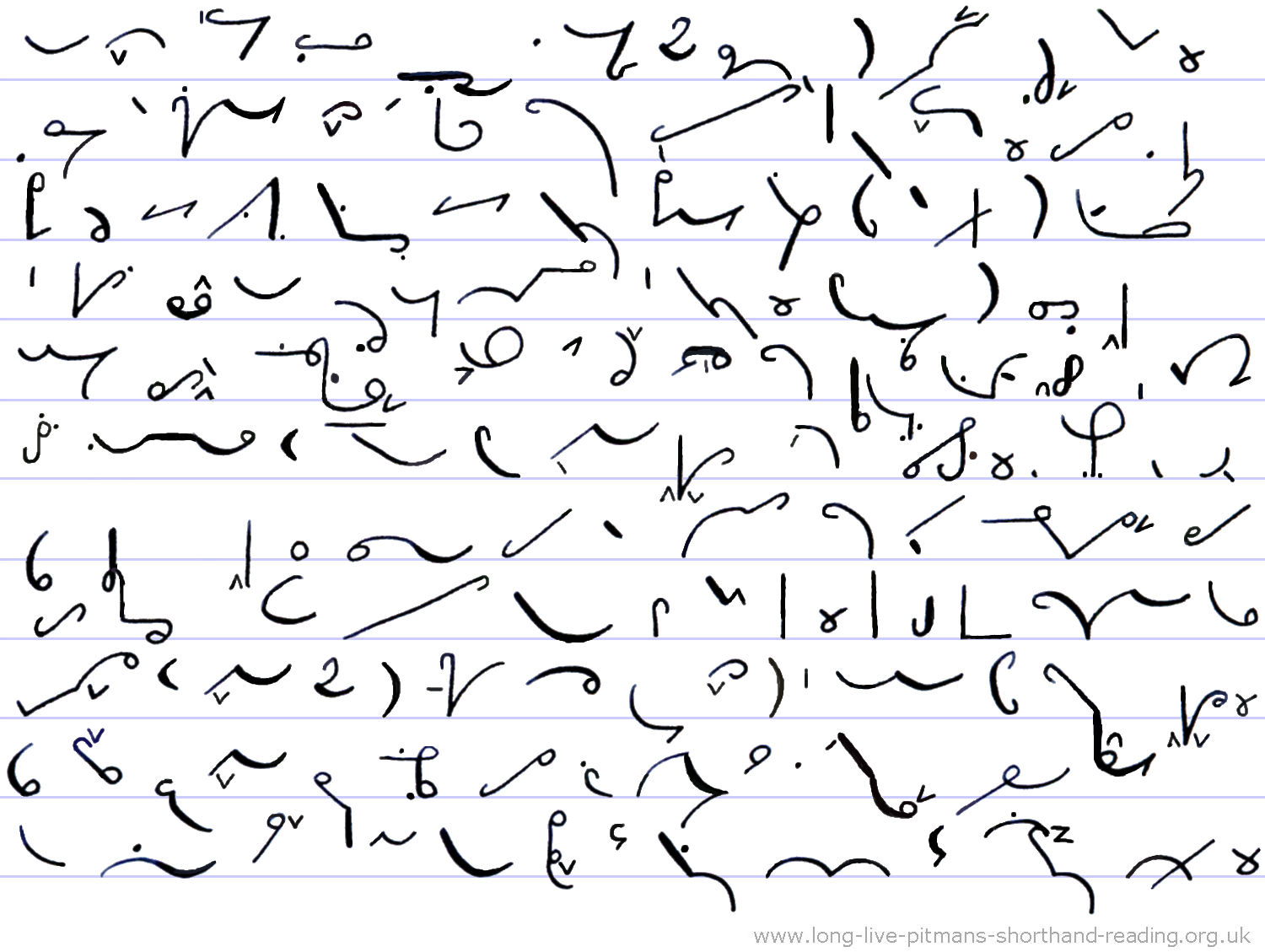
In my college class, gaining a knowledge of the shorthand system was
really the easiest part. The skill of controlling the mind and attention
from their* wanderings had to be acquired. Once the teacher said the
words "Ready, begin" before starting the passage, then all our attention
was focused* on turning sounds in ears into marks on paper. Everything
else was screened out, not only surroundings, extraneous noises, and
the sighs and grunts* from discomfited fellow students, but also the
constant naggings that accompany every wrong outline or hesitation. The
necessity to shut these distractions out is something we all learned
from raw experience as we went along, rather than being told about it.
It did not take very long for us to realise that writing shorthand was
utterly impossible if the mind was on anything other than producing the
outlines. This applies whenever writing speed exceeds oneís comfort
level and is an obvious reason for aiming high and not being satisfied
with the bare minimum that the employer may require.
* "focused" and "fixed" Insert the
first vowel, as these are similar in outline and meaning
* "grunts" Keep the stroke clearly
halved, so it does not look like "groans"
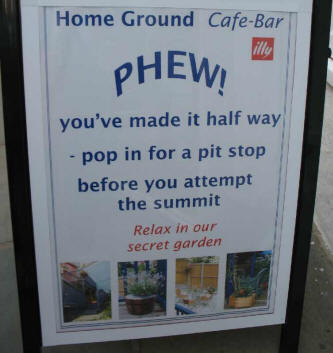
For walkers but not shorthand writers - cafe sign halfway up a short but
very steep High St in Folkestone, Kent
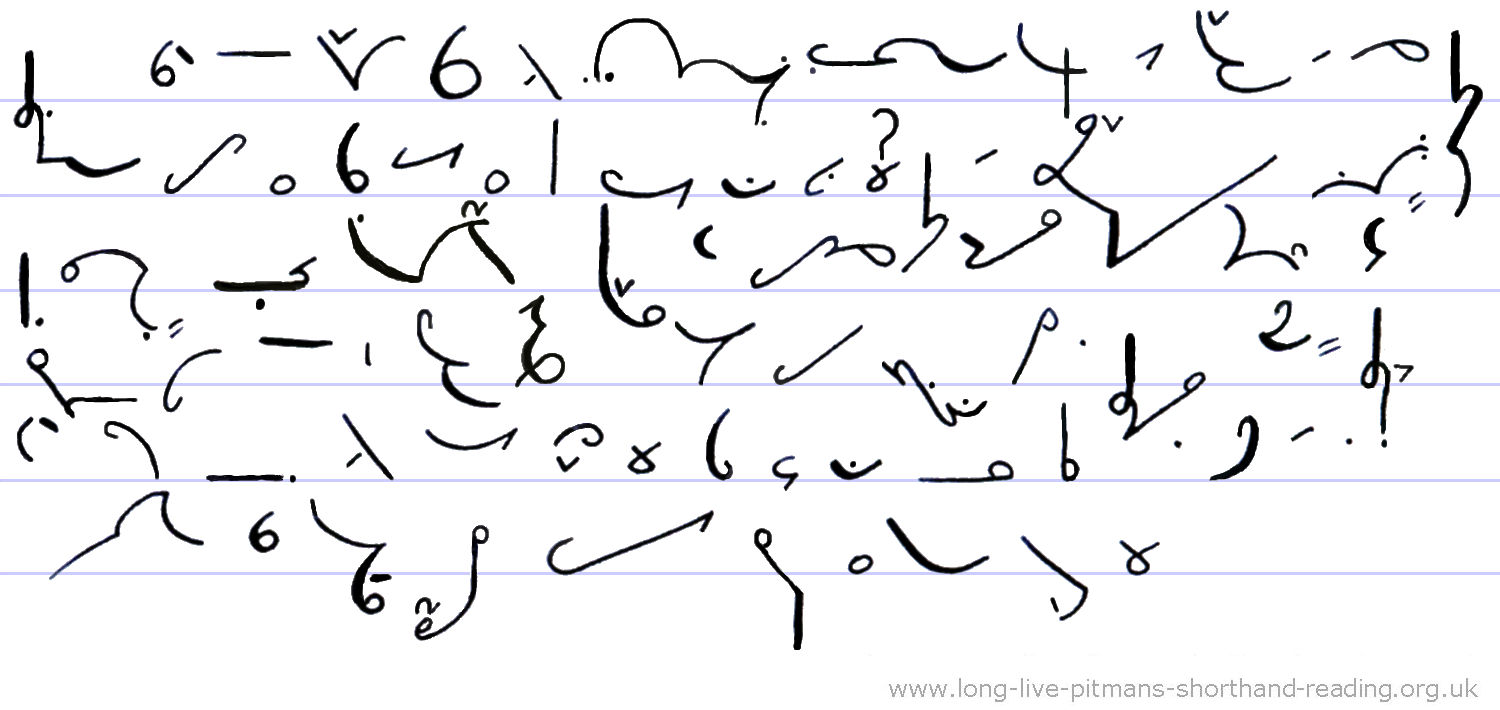
Distracting thoughts can pile themselves up alarmingly, clamouring for
attention, and the final and most dangerous* one is this: is it near the
end yet? Teacher and high speed writer Emily D Smith gave the valuable
advice that one must always assume that the speaker will go on forever
and that this is the only way to prevent such a disastrous*
shorthand-destroying thought from coming up in the mind. Then when the
end comes it is a pleasure and a relief, that is, for those situations
where the speed is being pushed.
* "dangerous" Has a full stroke S so
that it does not look like "dangers"
* "disastrous" Note that the
outline for "disaster" uses a circle S + doubled S stroke
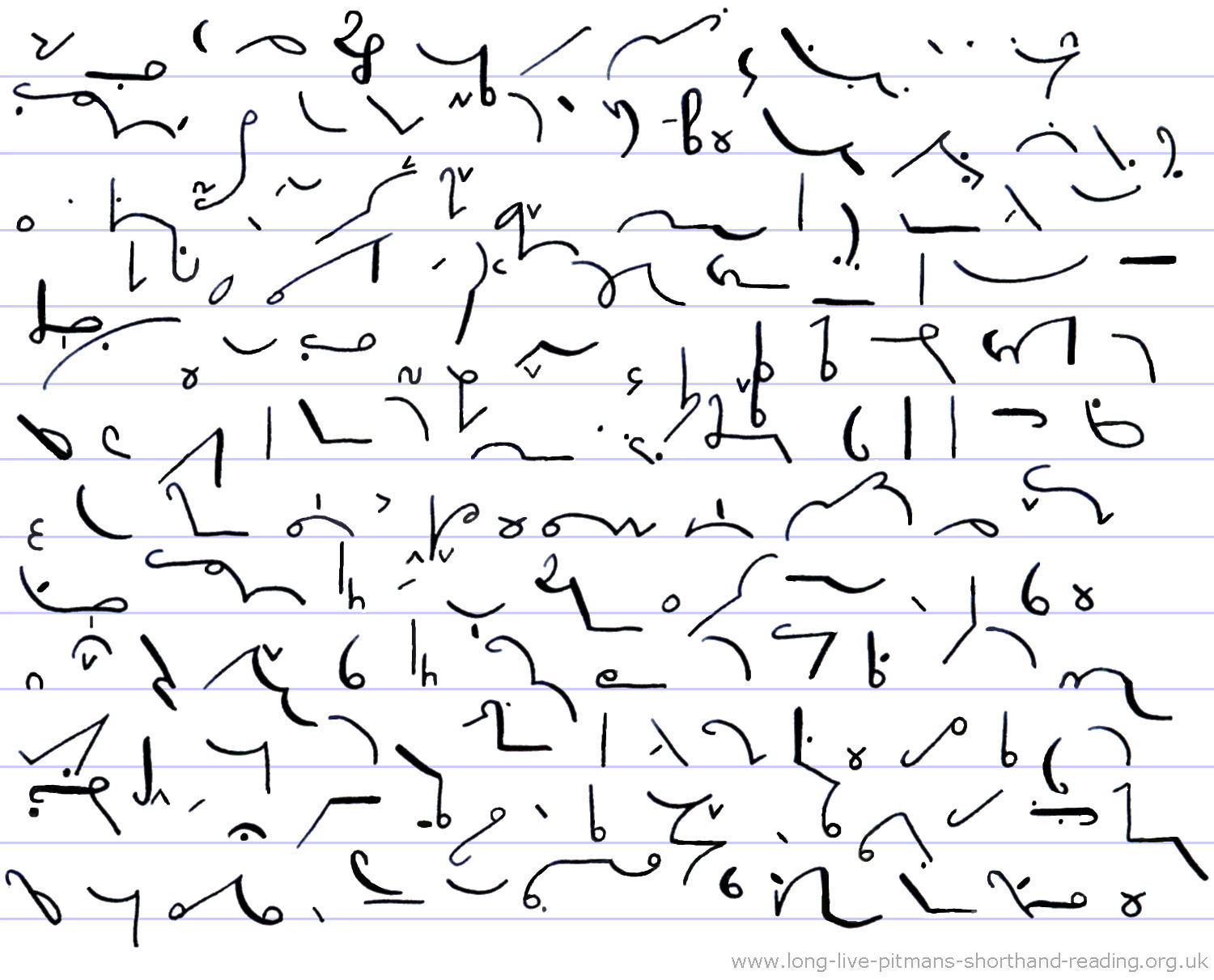
I would guess that most shorthand students* nowadays are learning without
the benefit of a communal classroom situation, for part or all of their
studies. Being able to replay the MP3 is a temptation to not really try
the first time, making it easy to give up in disgust at the first
hurdle, and assuage yourself that you can give it another go later. In
class you have to start writing when the teacher decides, and it is
expected that you will do your best effort, read it back or make a
complete transcript, then do it again faster when you have practised
some of the outlines. Somehow the home learner must acquire the
focused* classroom attitude and no shorthand book is really going to
teach this. You might be able to revive this attitude from your school
or college days, or you may have to reach down into your boots and drag
it up from the depths. Once it is within your grasp and made regular use
of, it is unlikely to slip away again and it can be pressed into service
to overcome any slackness that is holding back progress.
* "focused" and "fixed" Insert the
first vowel, as these are similar in outline and meaning
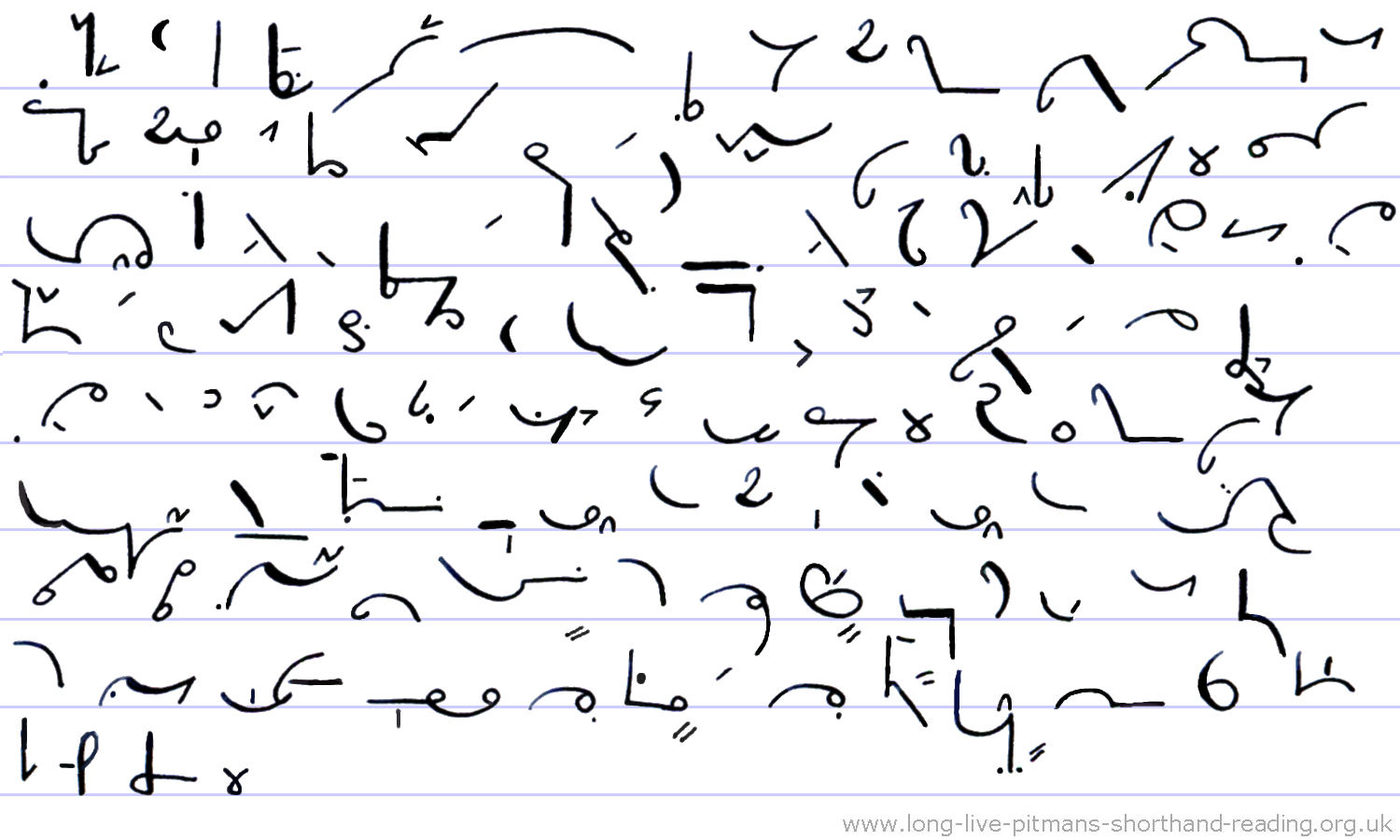
The idea that "It doesn't really matter, it's only shorthand practice"
will be reflected in the quality of the shorthand notes, and the
attainment of greater speed and ease of writing will drift out of reach.
Small failures add up to discouragement and possibly giving up, and then
there are two losses: the loss of time and effort already spent without
having got to the point of usability, and, most disappointingly, the
loss of what might have been achieved and enjoyed with the new skill.
Whatever is practised will eventually become automatic, good news for
shorthand, but bad news for unhelpful habits such as allowing Mr Panic
or Mrs Fluster to get their foot in the door, or letting the unwelcome
cousins Miss Takes and Miss Topper-Tunity make themselves at home at the
study desk.
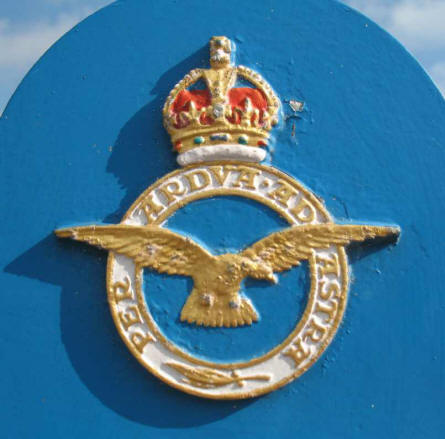
Per ardua ad astra = Through adversity to the stars
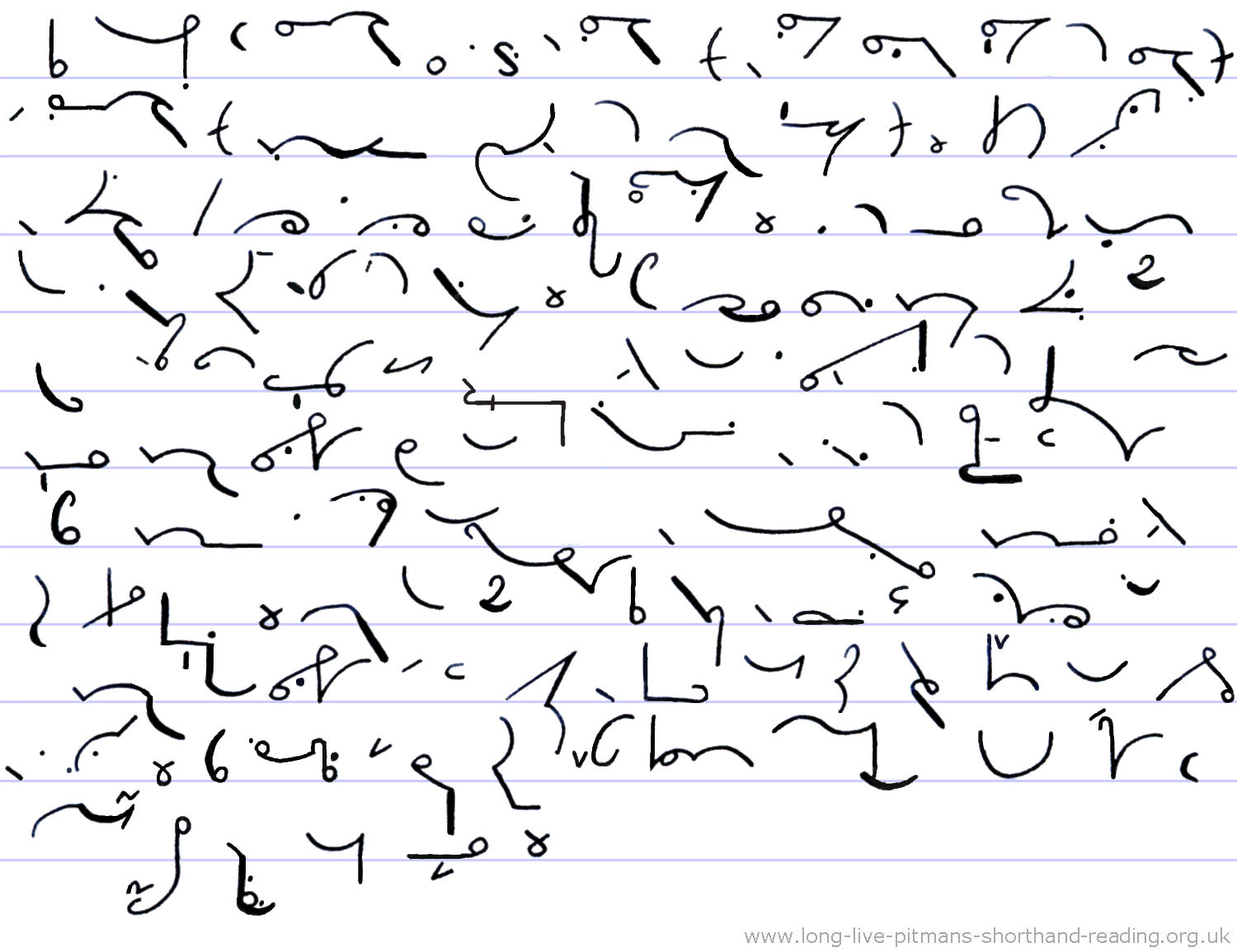
It is interesting that "scramble" is a blend of scrabble (to scratch,
scrape, scrawl or scribble) and scamble (to mangle, shuffle or move
awkwardly). It is also related to shambles, which means a mess, scene of
destruction, carnage. The word comes from the name for a butcher's
shop, stall or bench. Other meanings seem to match shaky shorthand even
more closely: to collect up in a hurried or disorderly manner, to cause
to move hastily as if in panic, to compete or struggle with others, to
make a message incomprehensible to interceptors, to mix up so that it
requires decoding. Maybe for shorthand it is better to stick with the
airmenís command "to move hastily and with urgency, to take off in the
shortest possible time in response to an alert". This concentrates on
the speed aspect while at the same time maintaining efficiency and
control without allowing the situation to descend into chaos. (923
words)

http://www.battleofbritainmemorial.org
The Battle of Britain Memorial site is located at Capel-le-Ferne between
Folkestone and Dover in Kent, UK (Google Map Ref 51.098509,1.206089). It
is on the clifftop and provides a spacious and quiet environment for
contemplation of the price of freedom. The airman statue sits amidst the
insignia and mottoes of the squadrons, looking out over the sea and
awaiting the return of his colleagues. The three paths leading to him
are in the shape of giant propellers. The wall in the distance lists the
names of all those who took part in the missions.
Top of page
|
|
